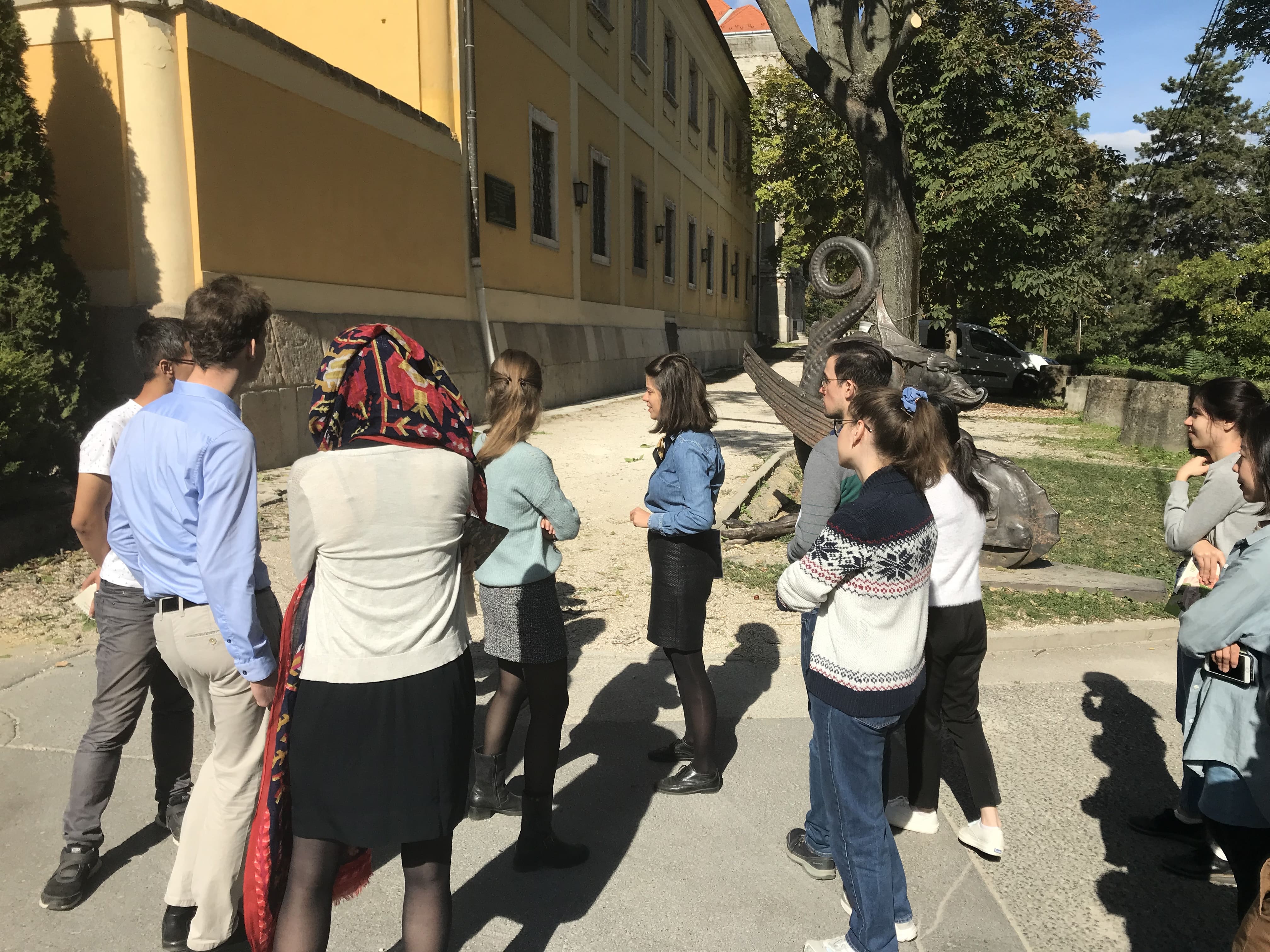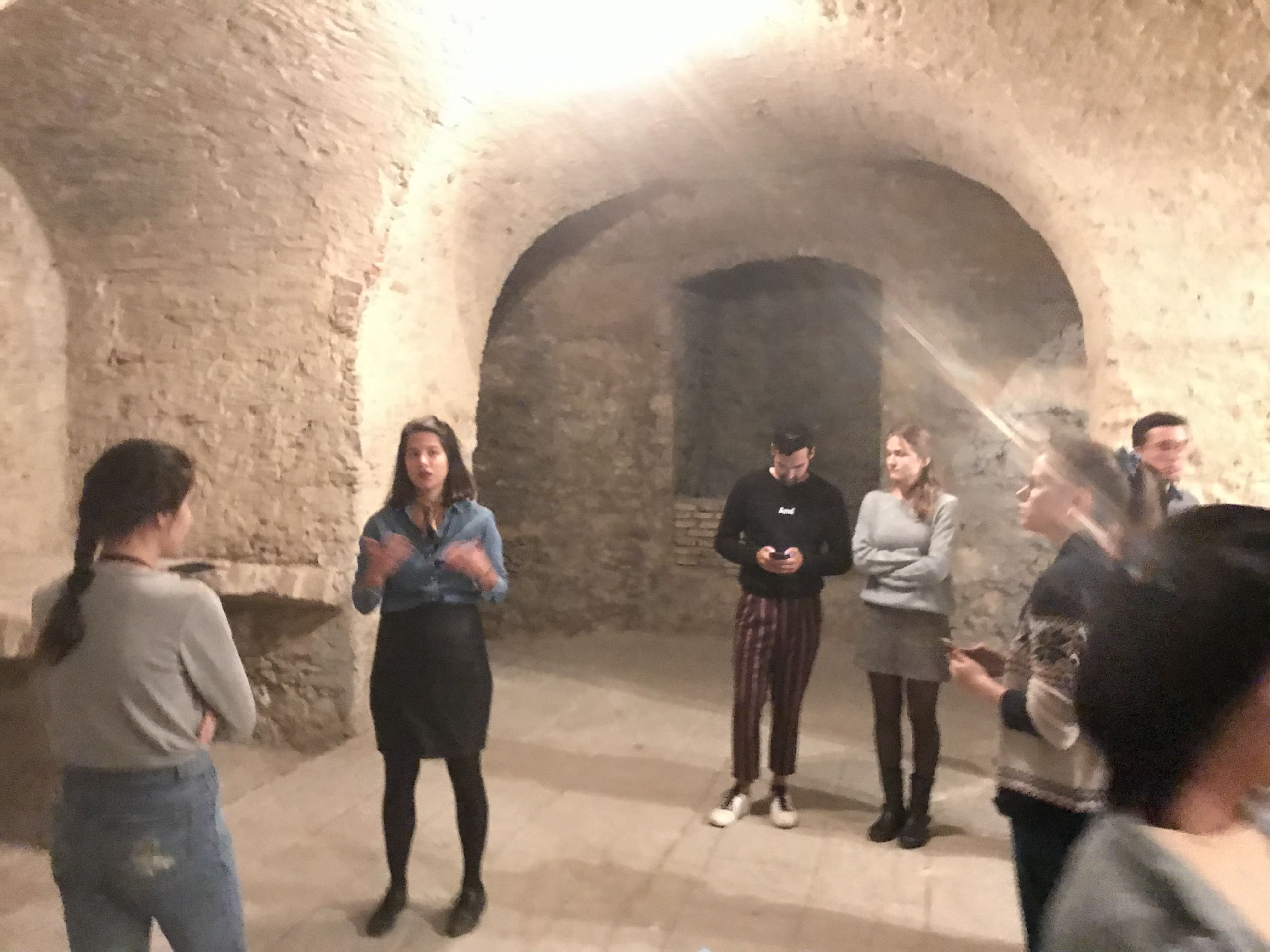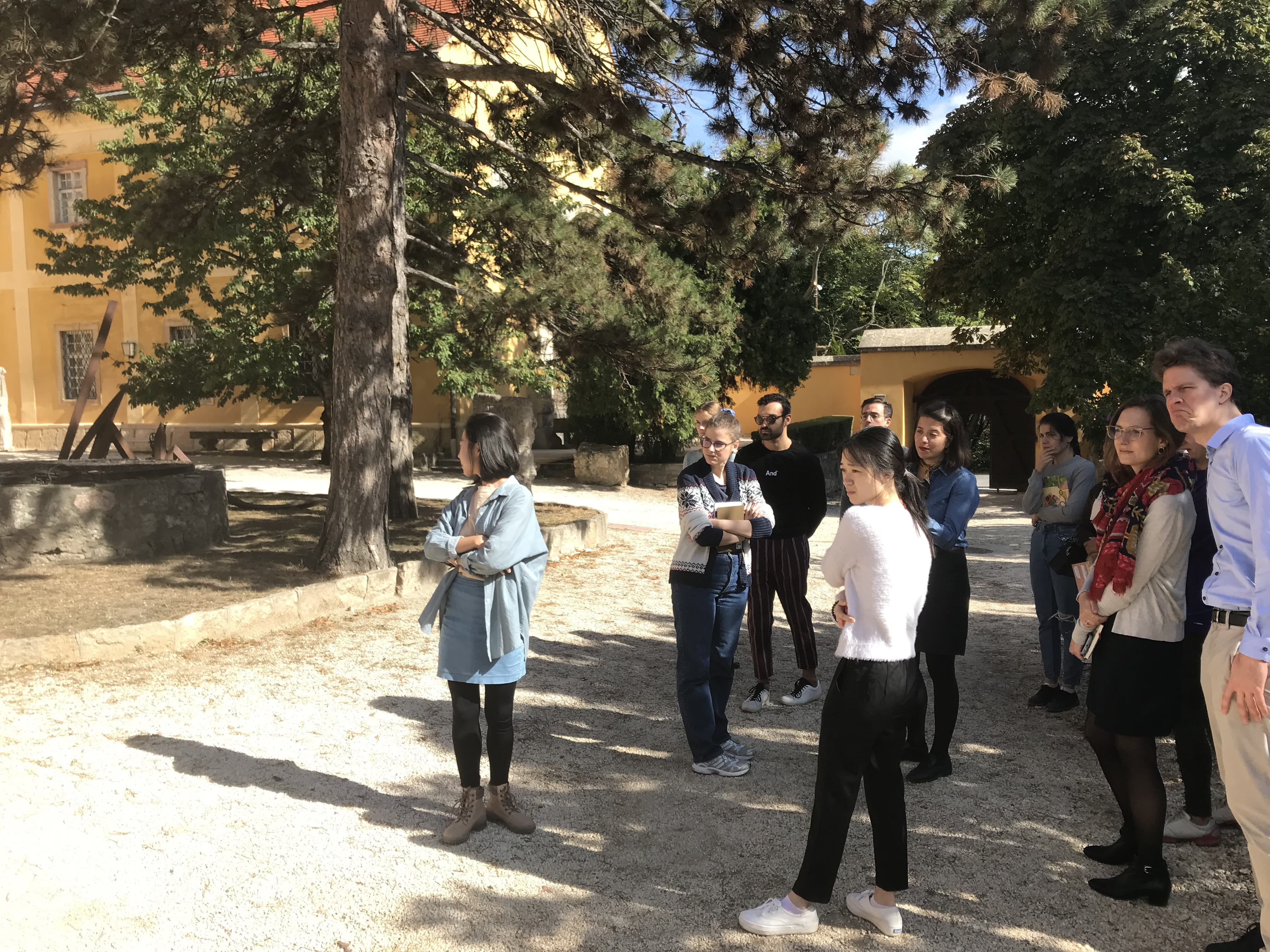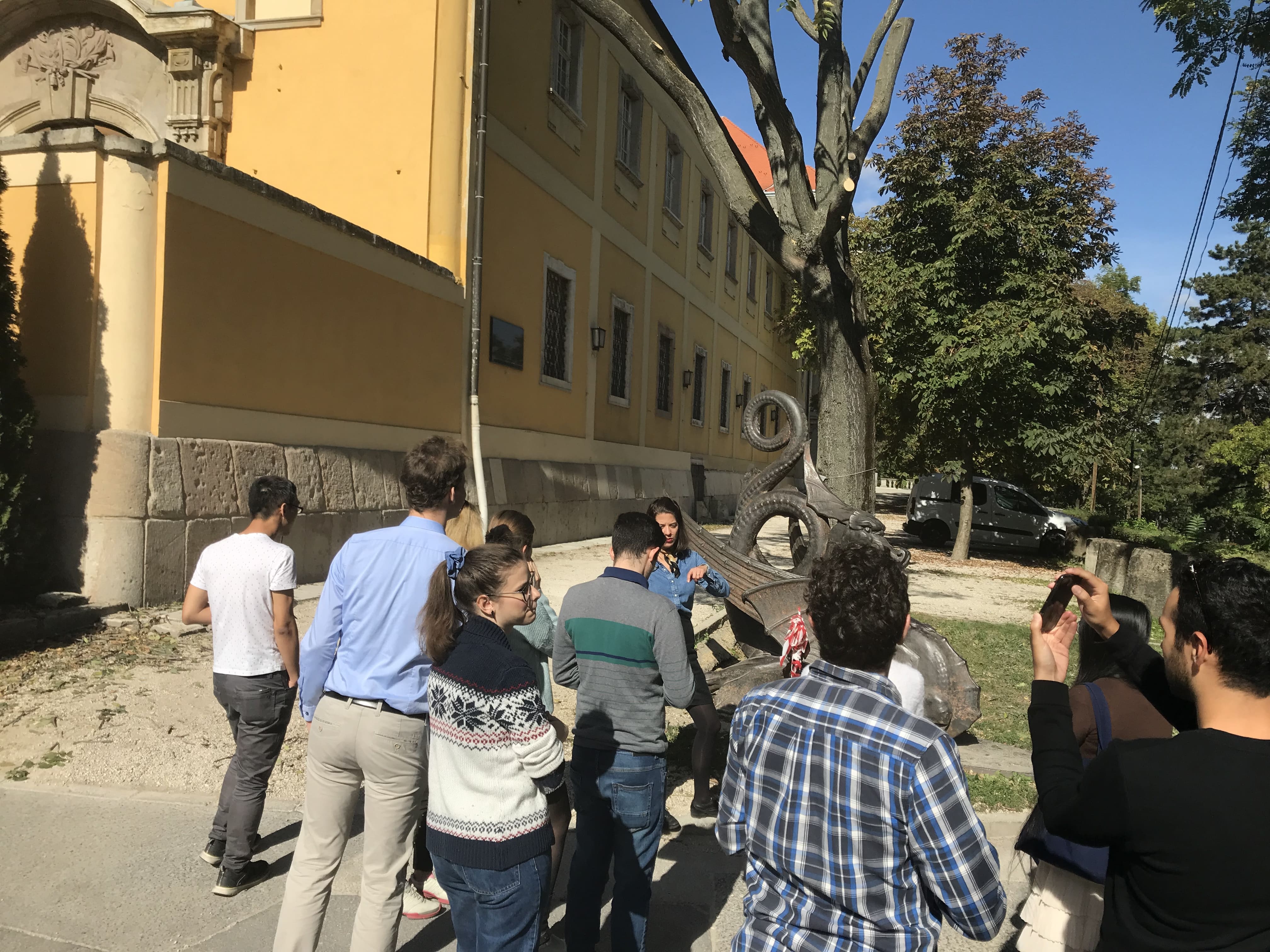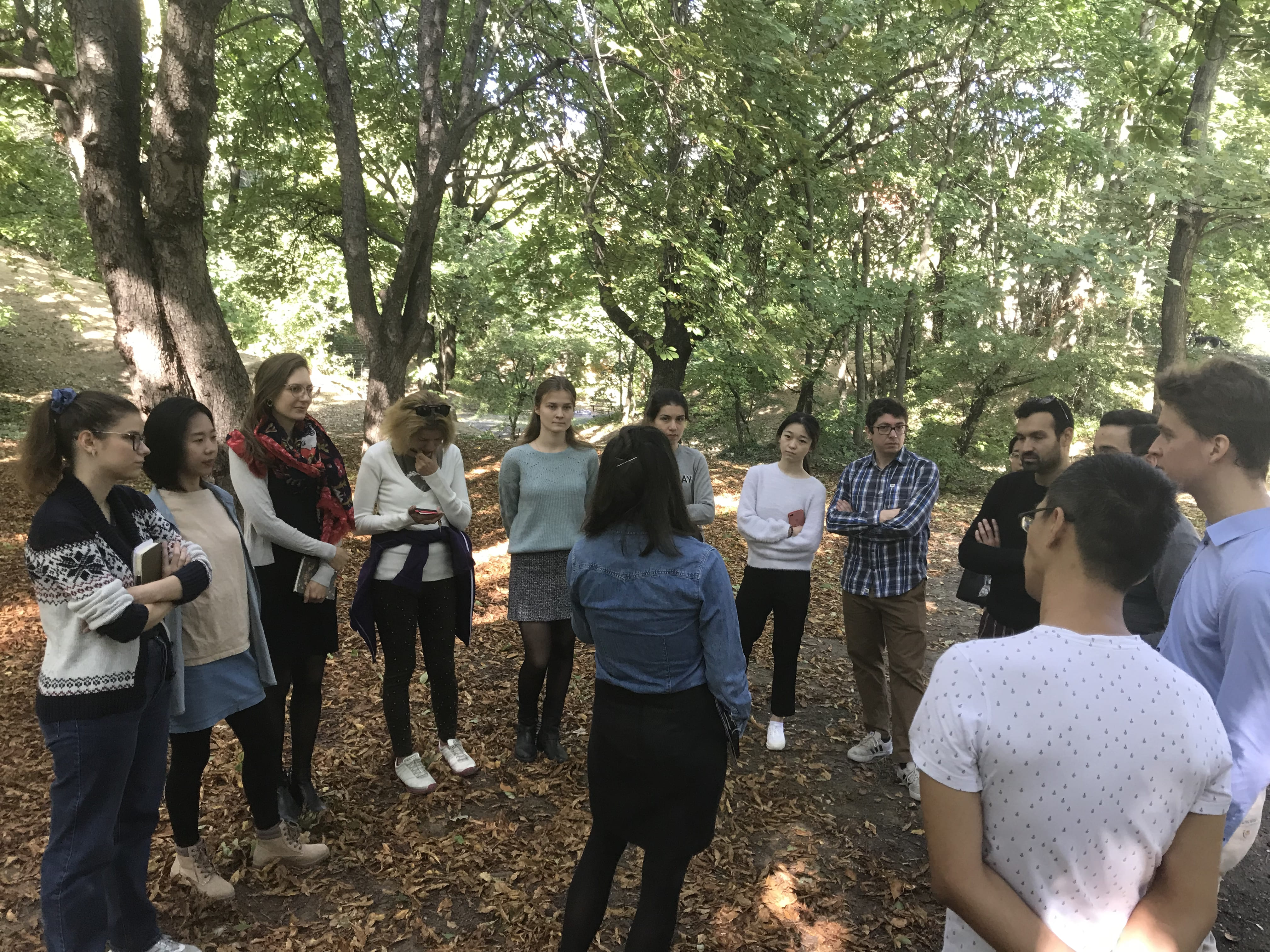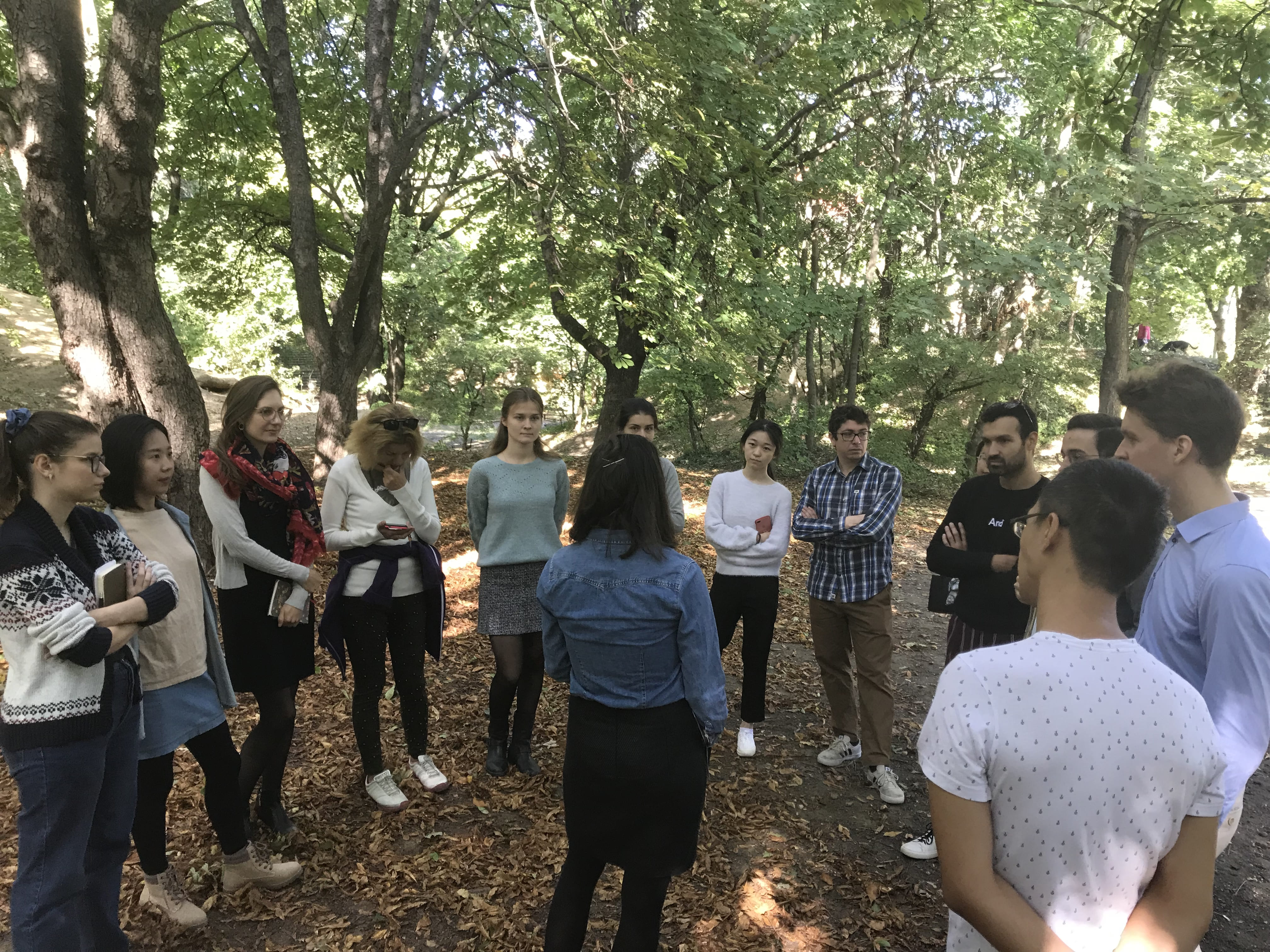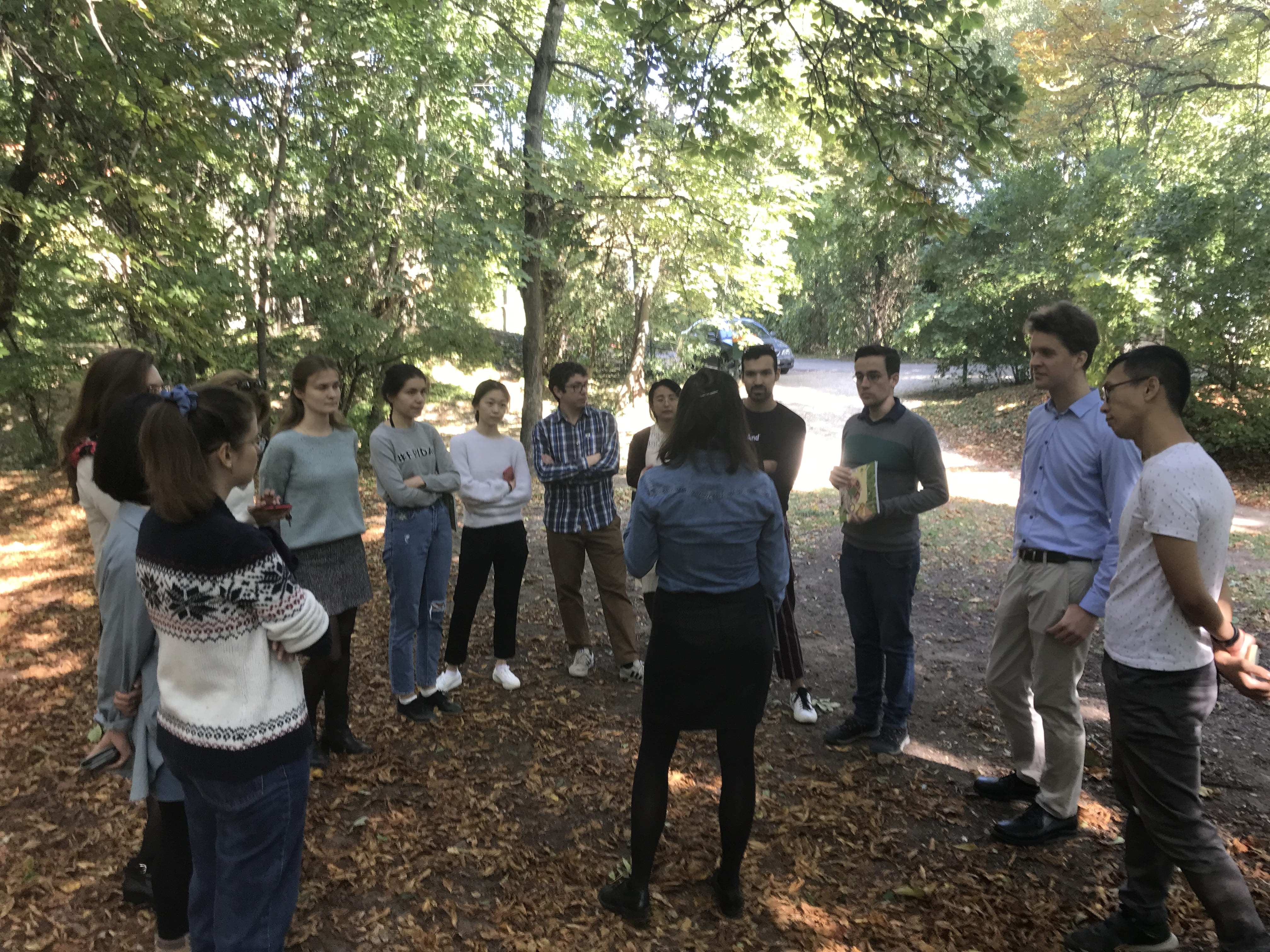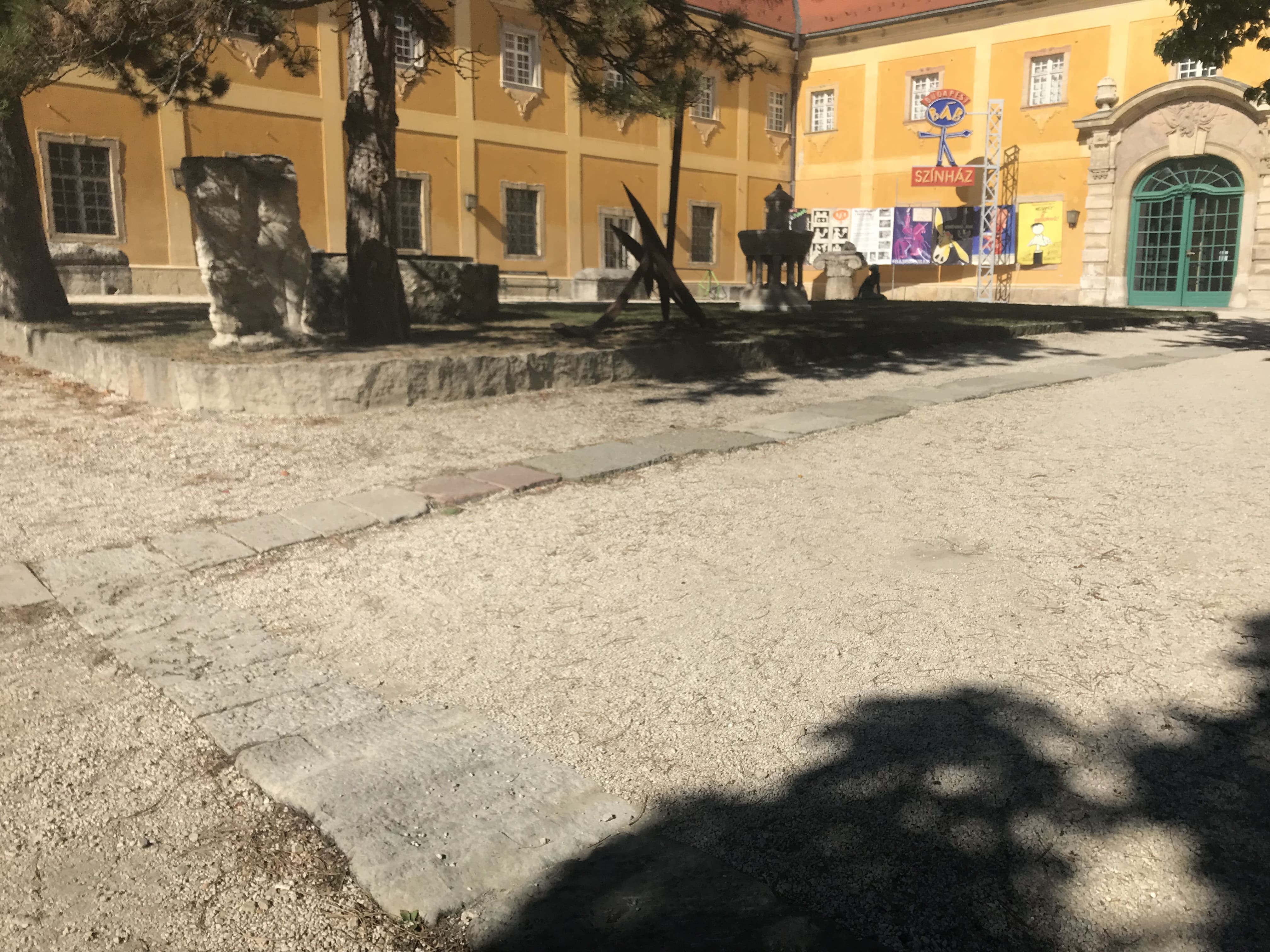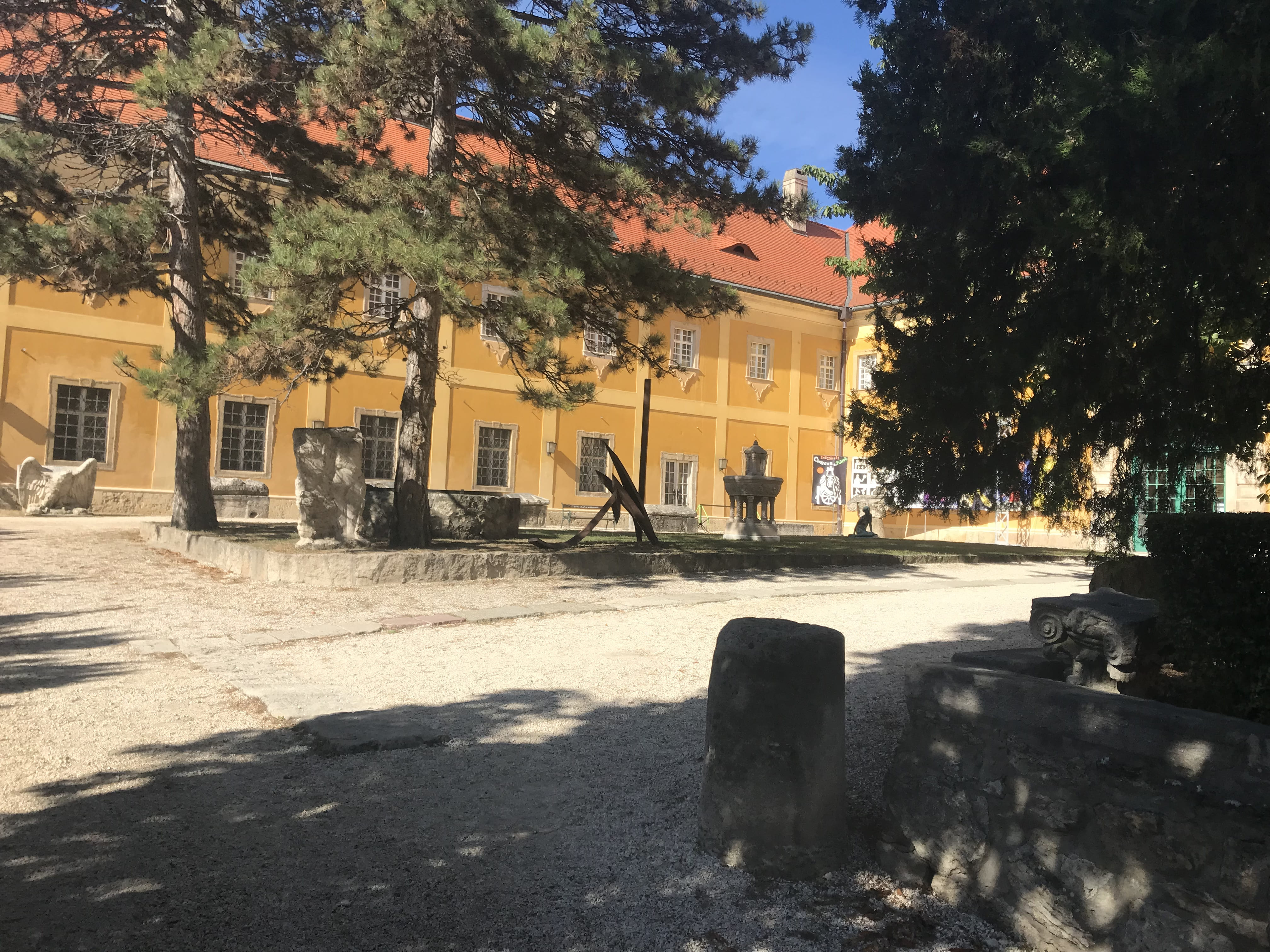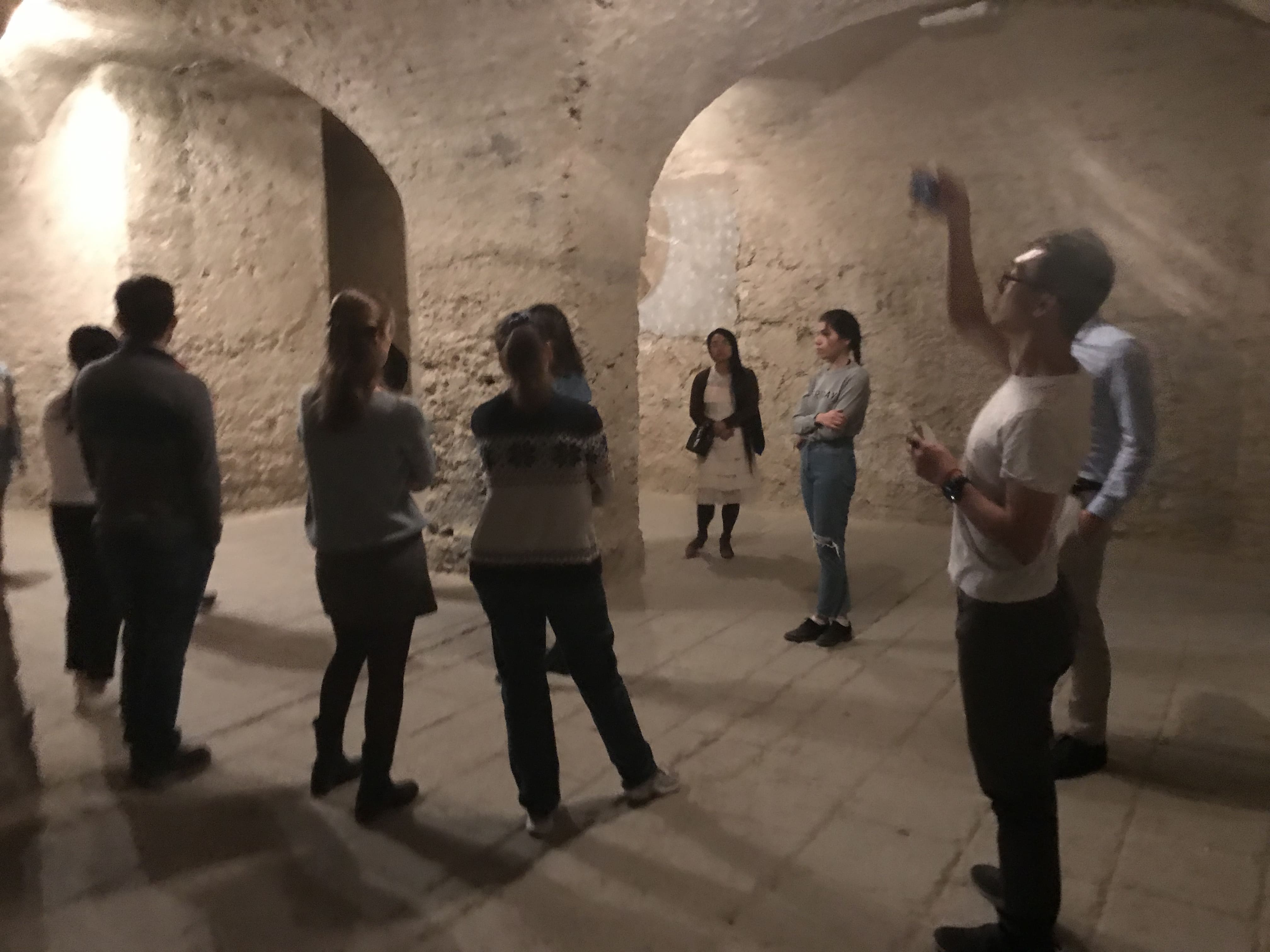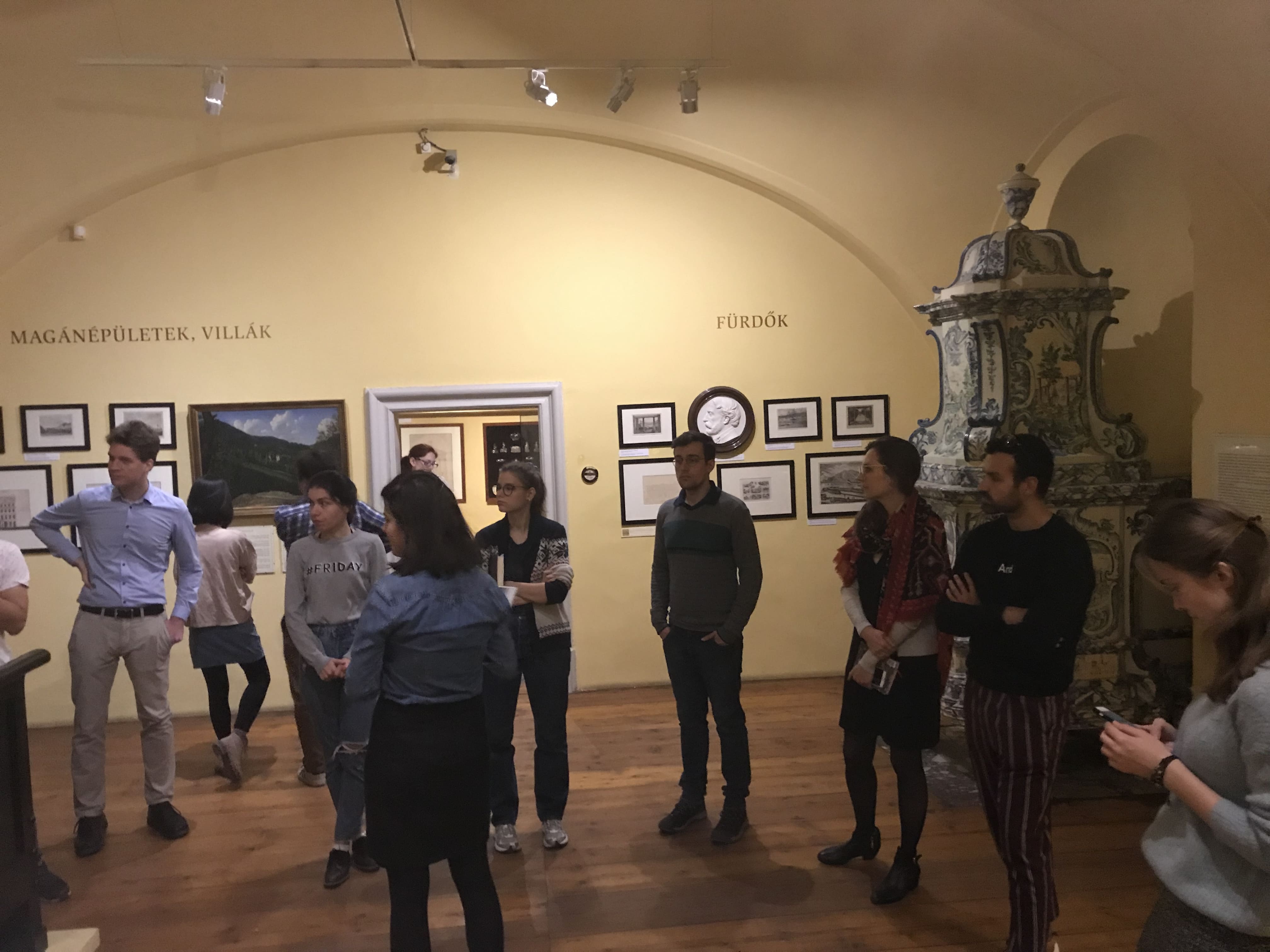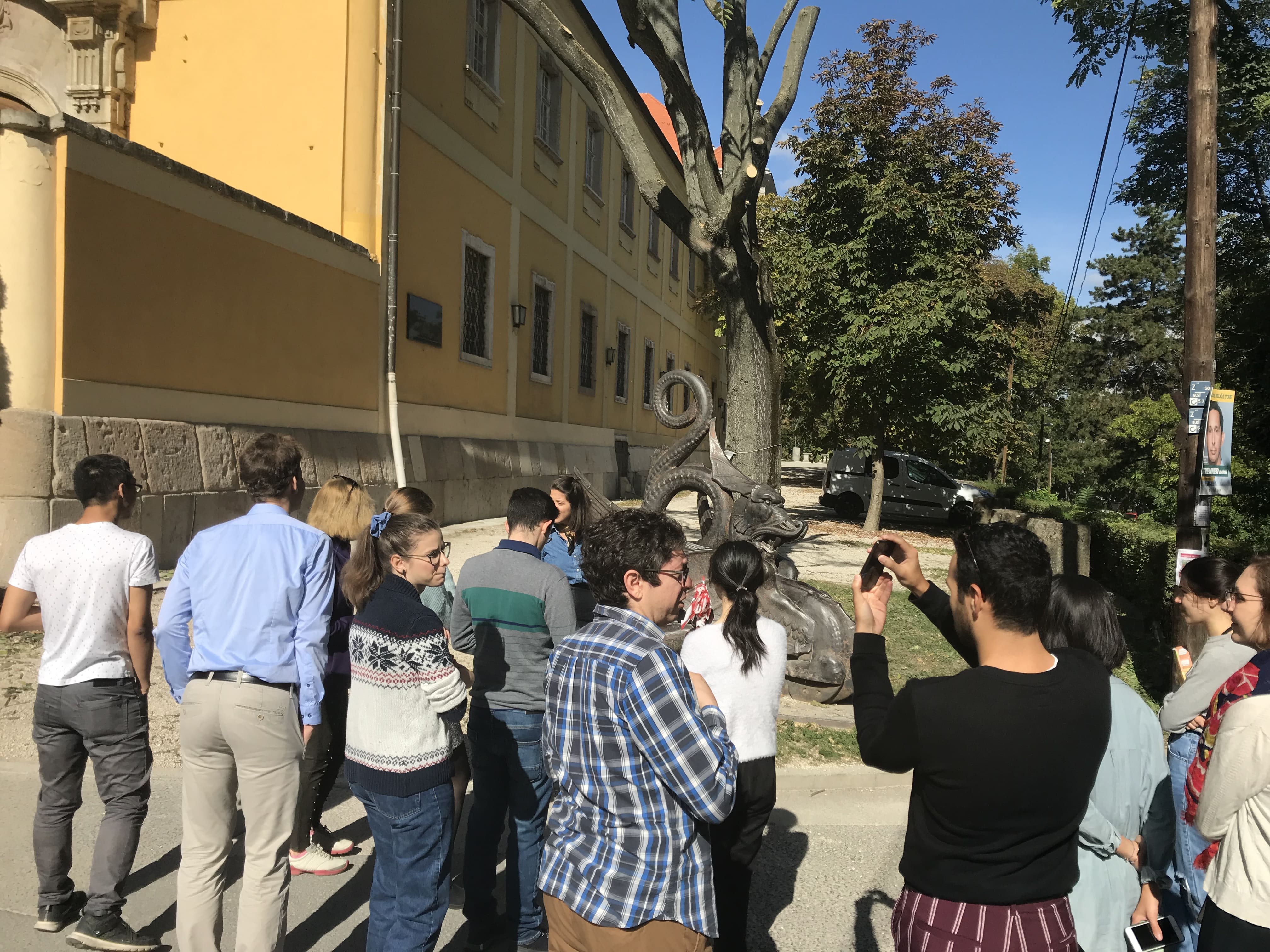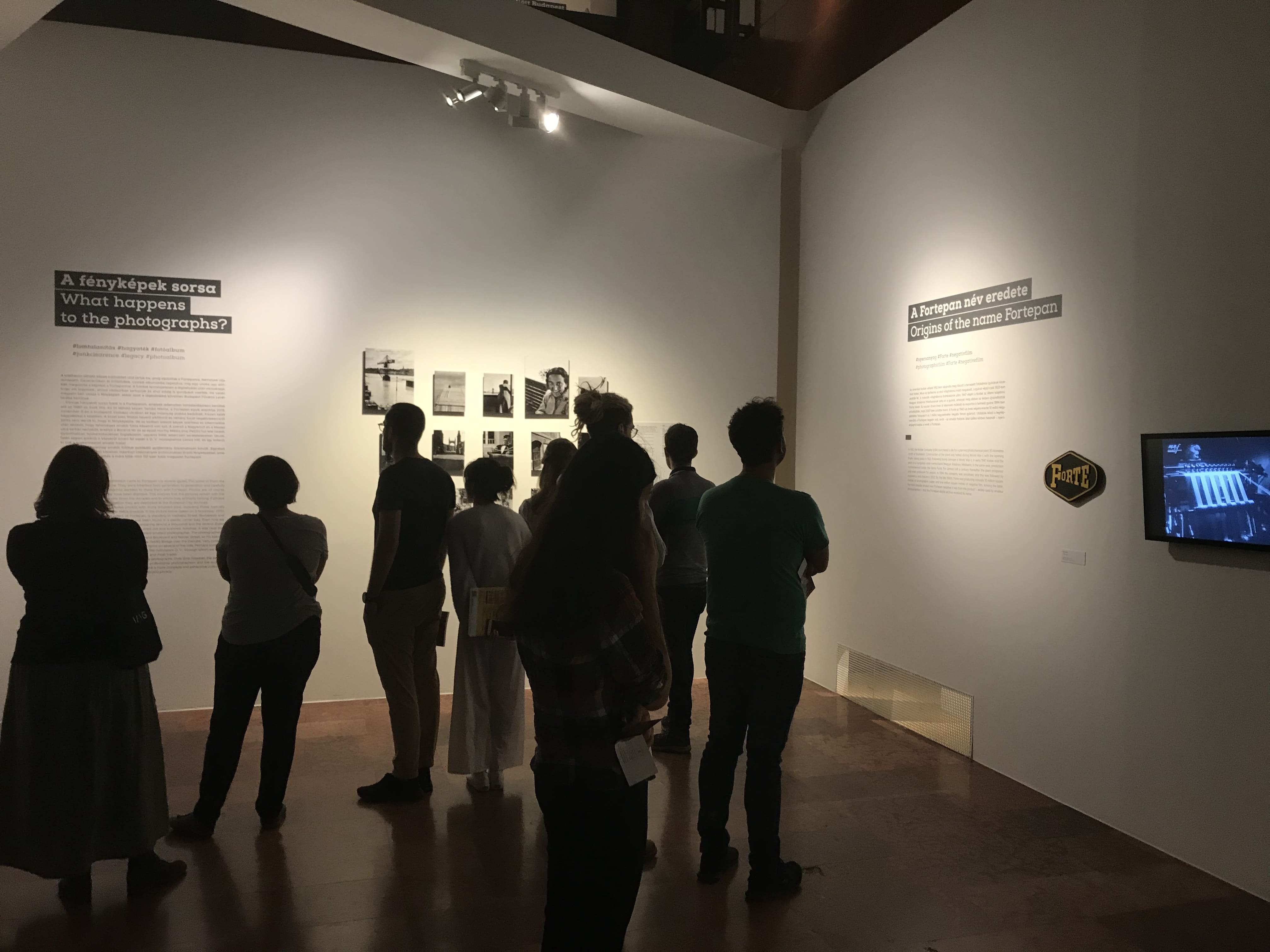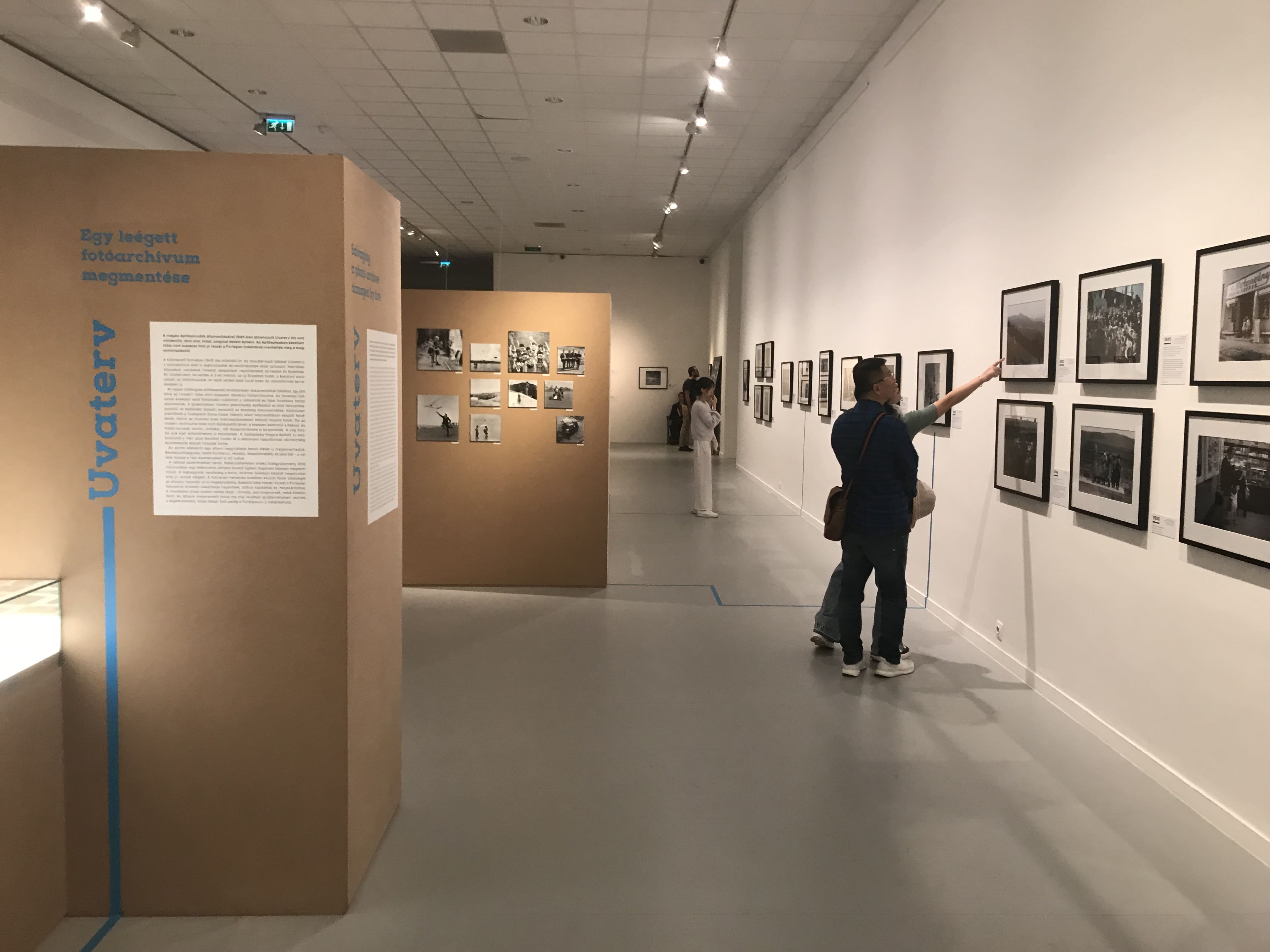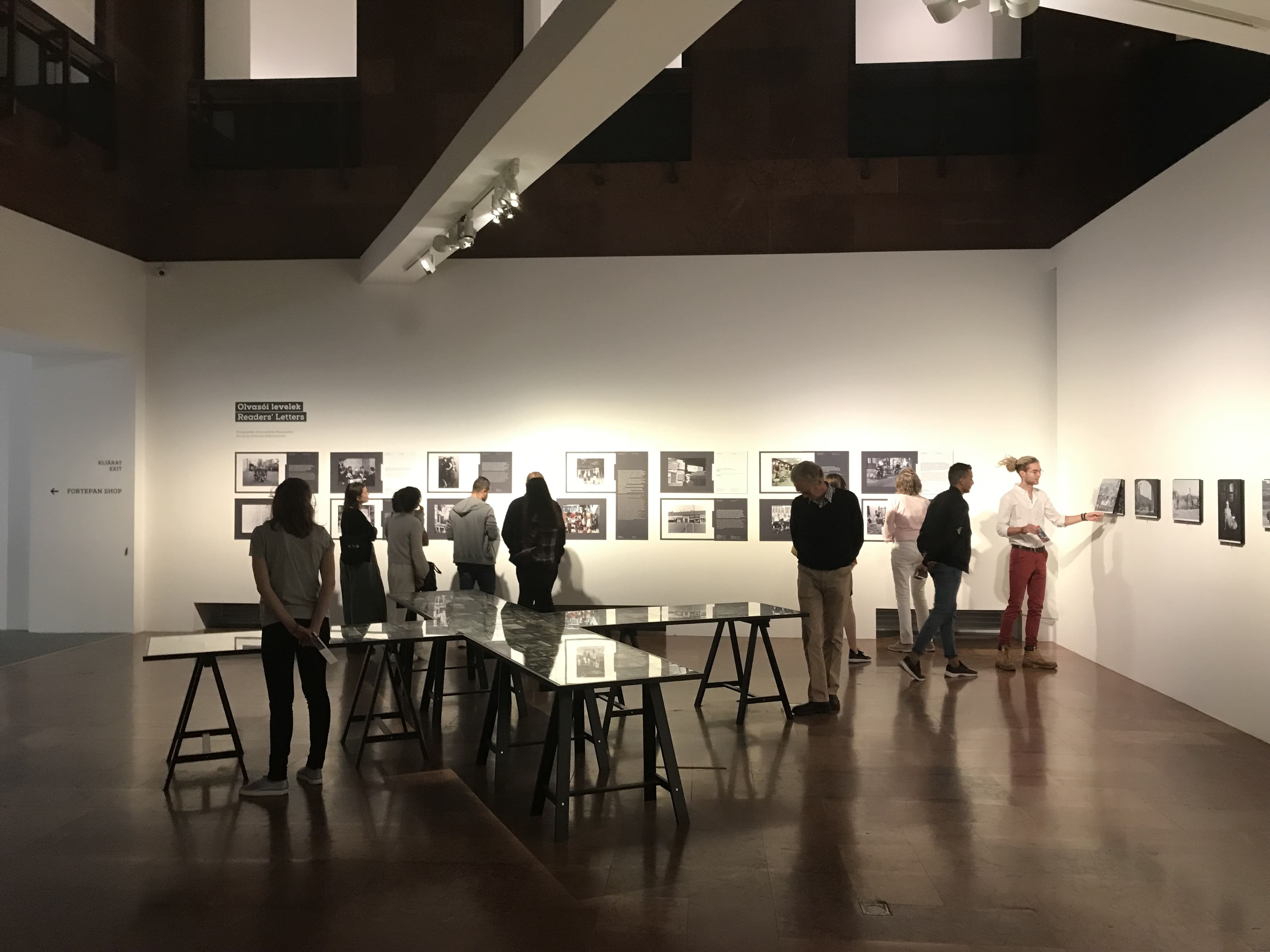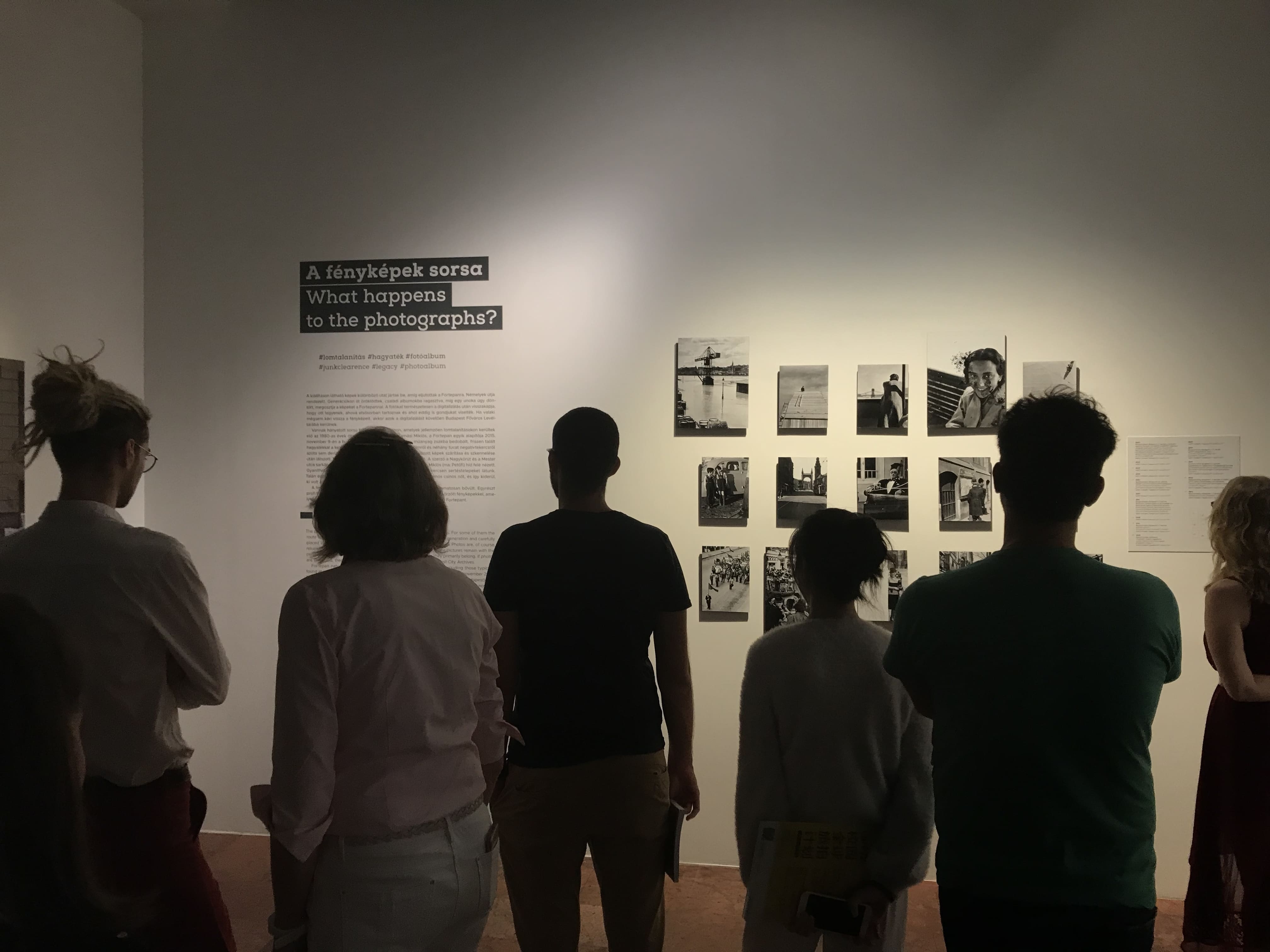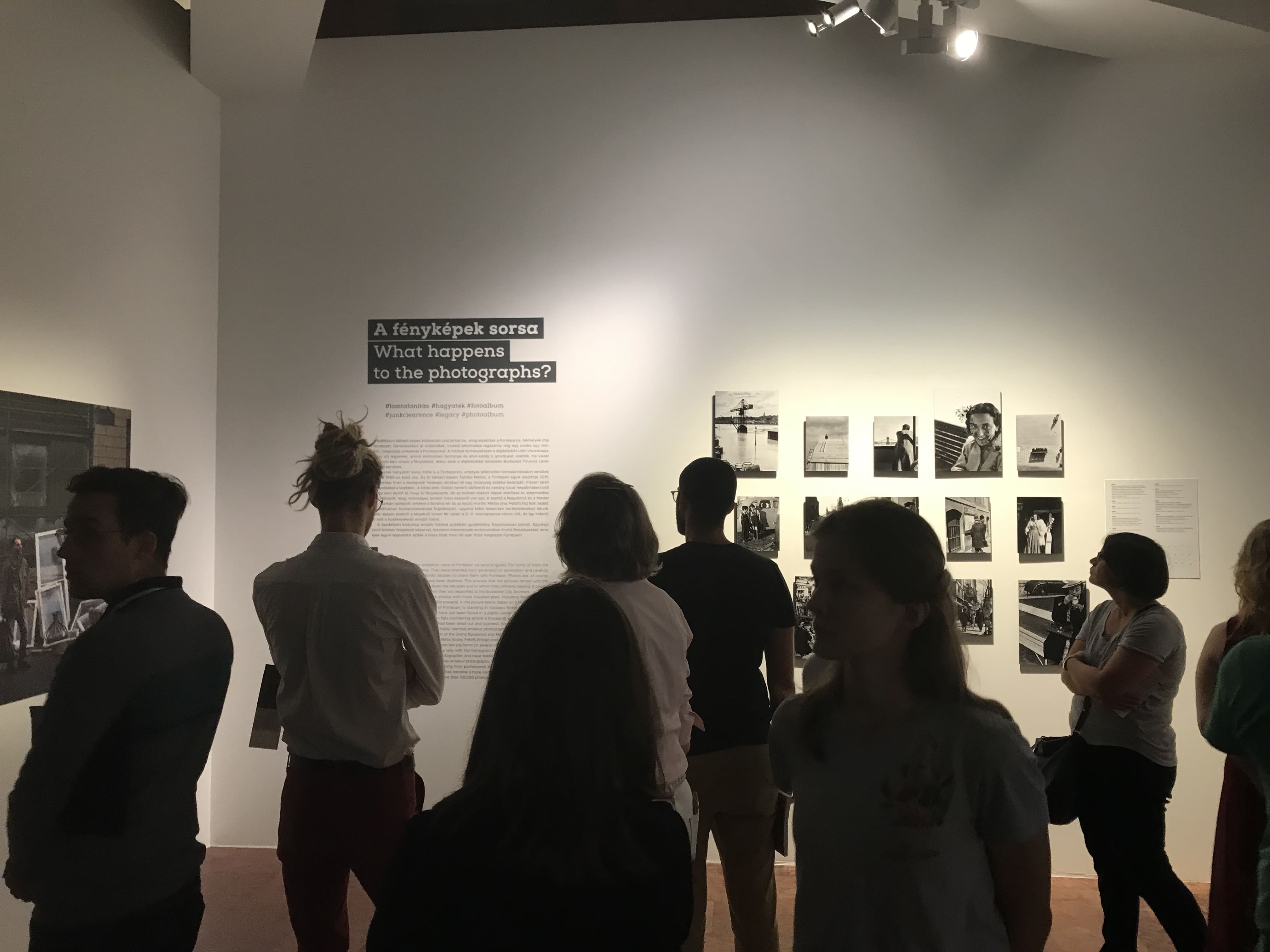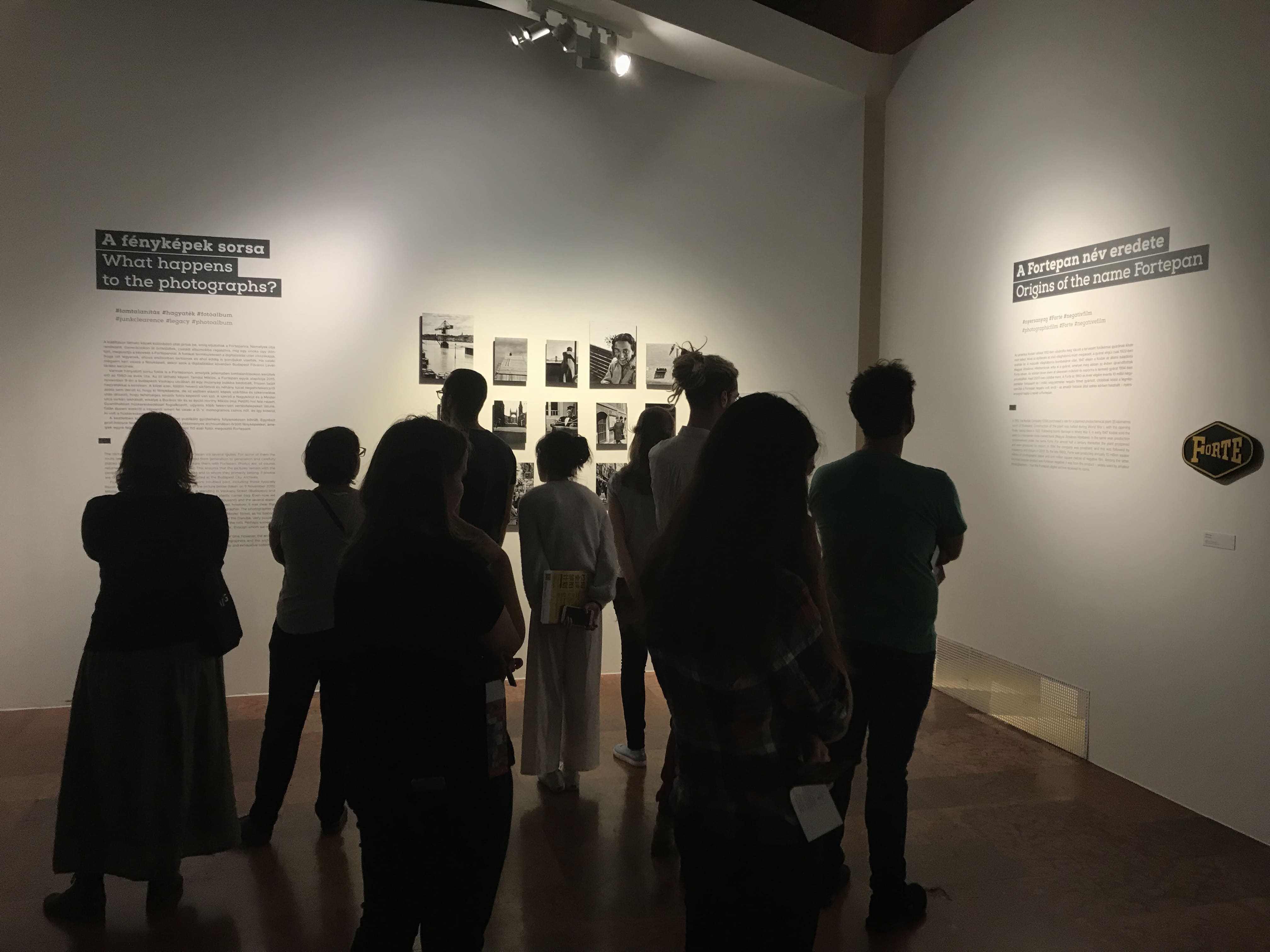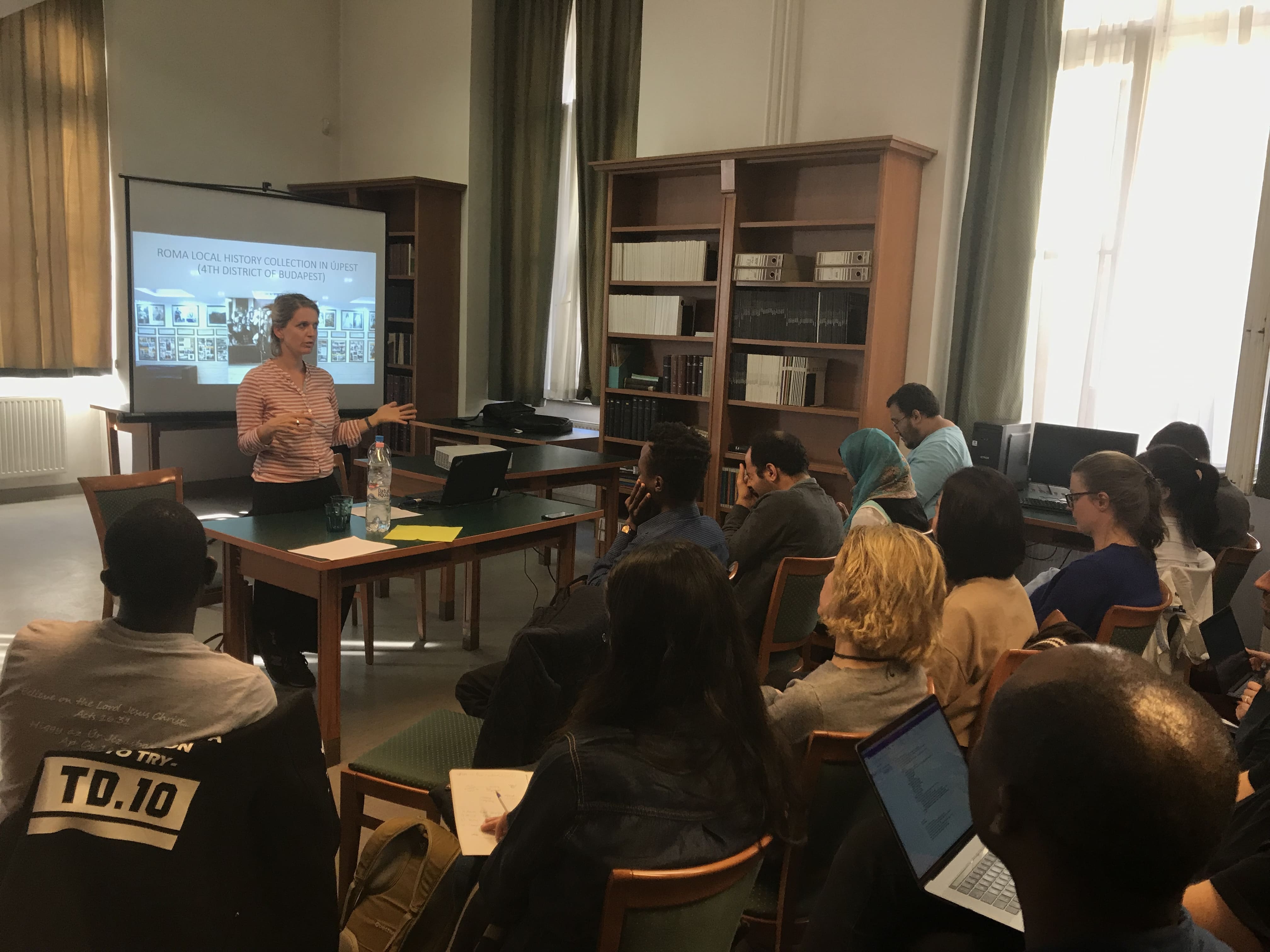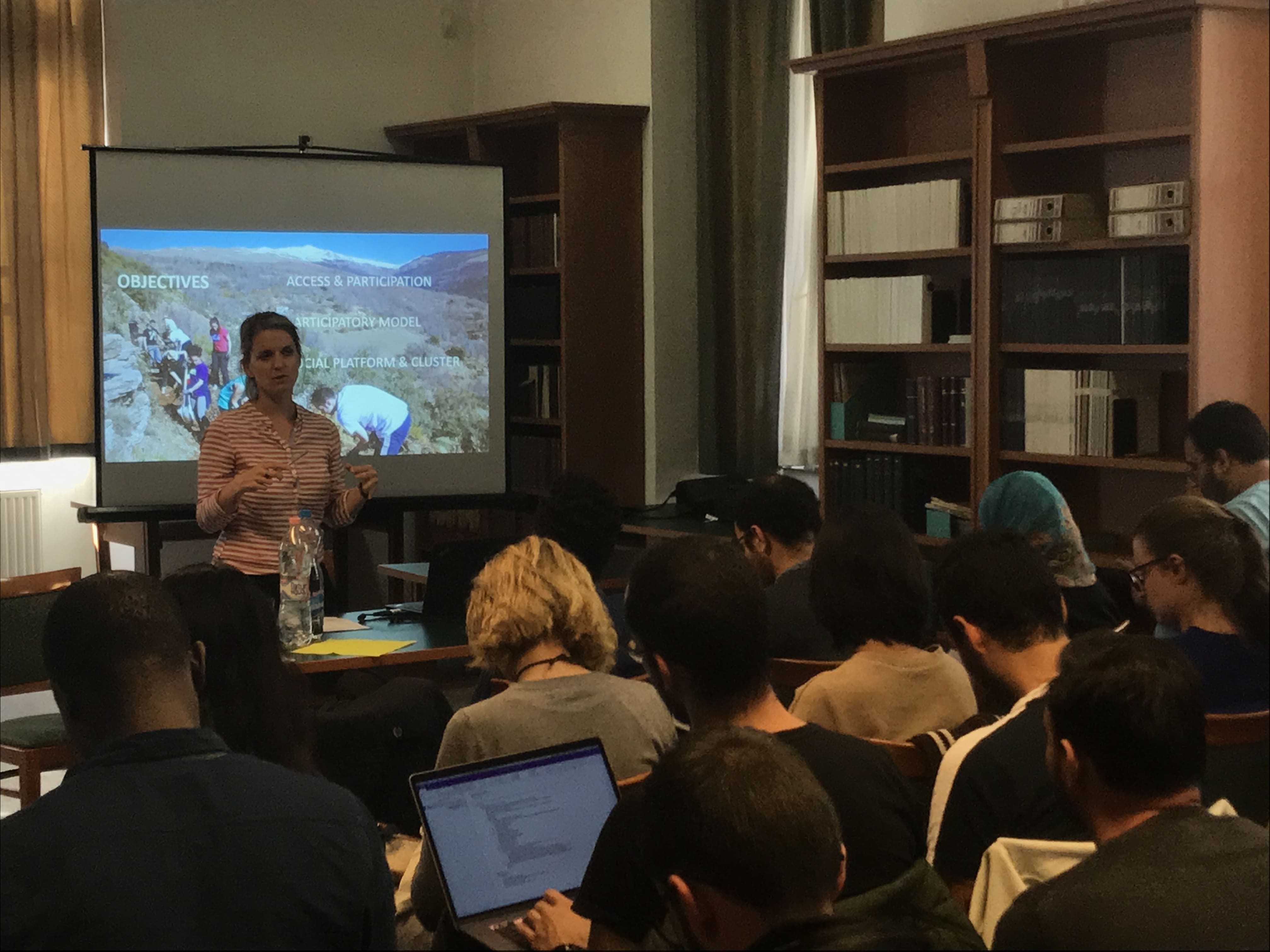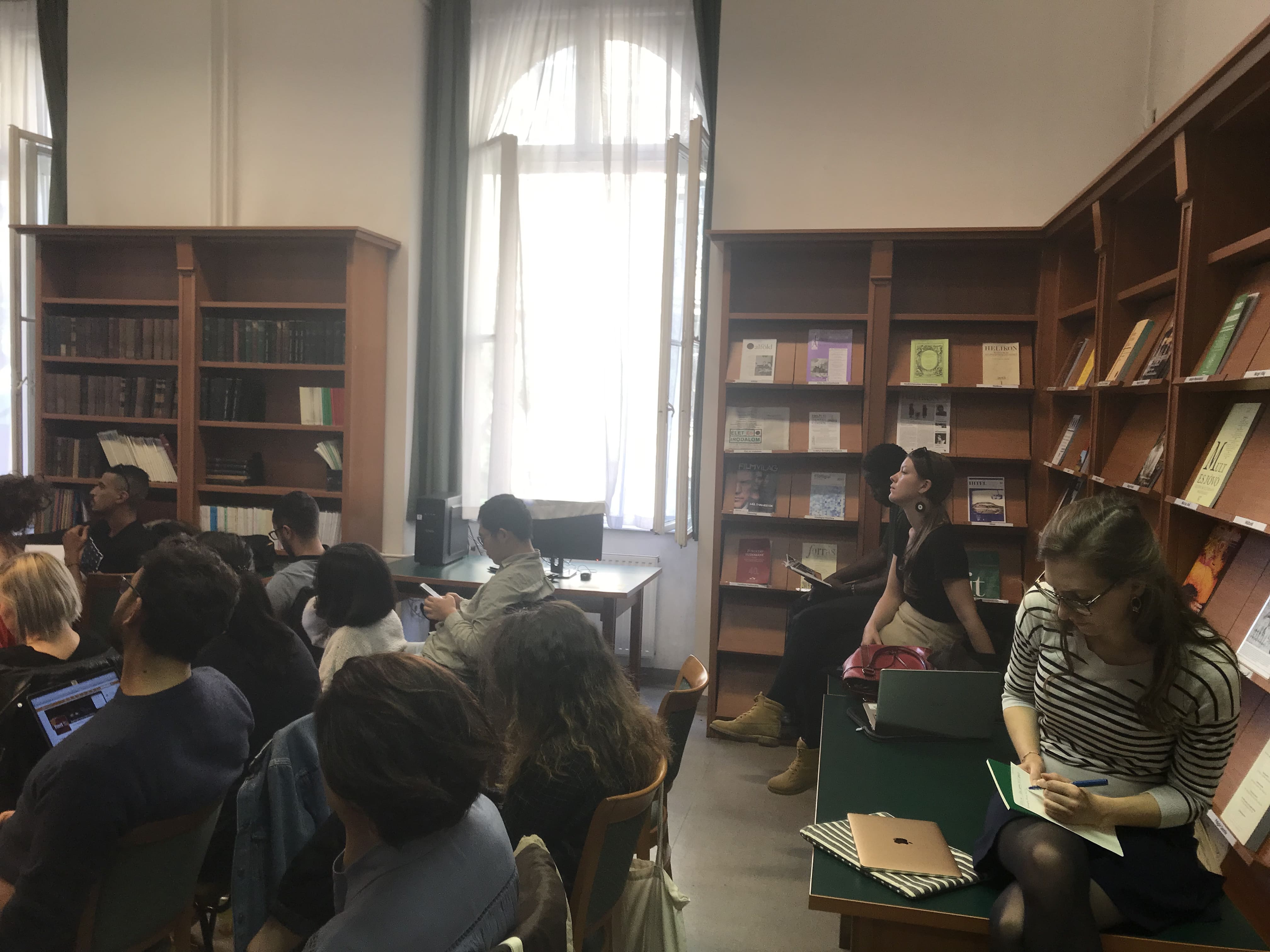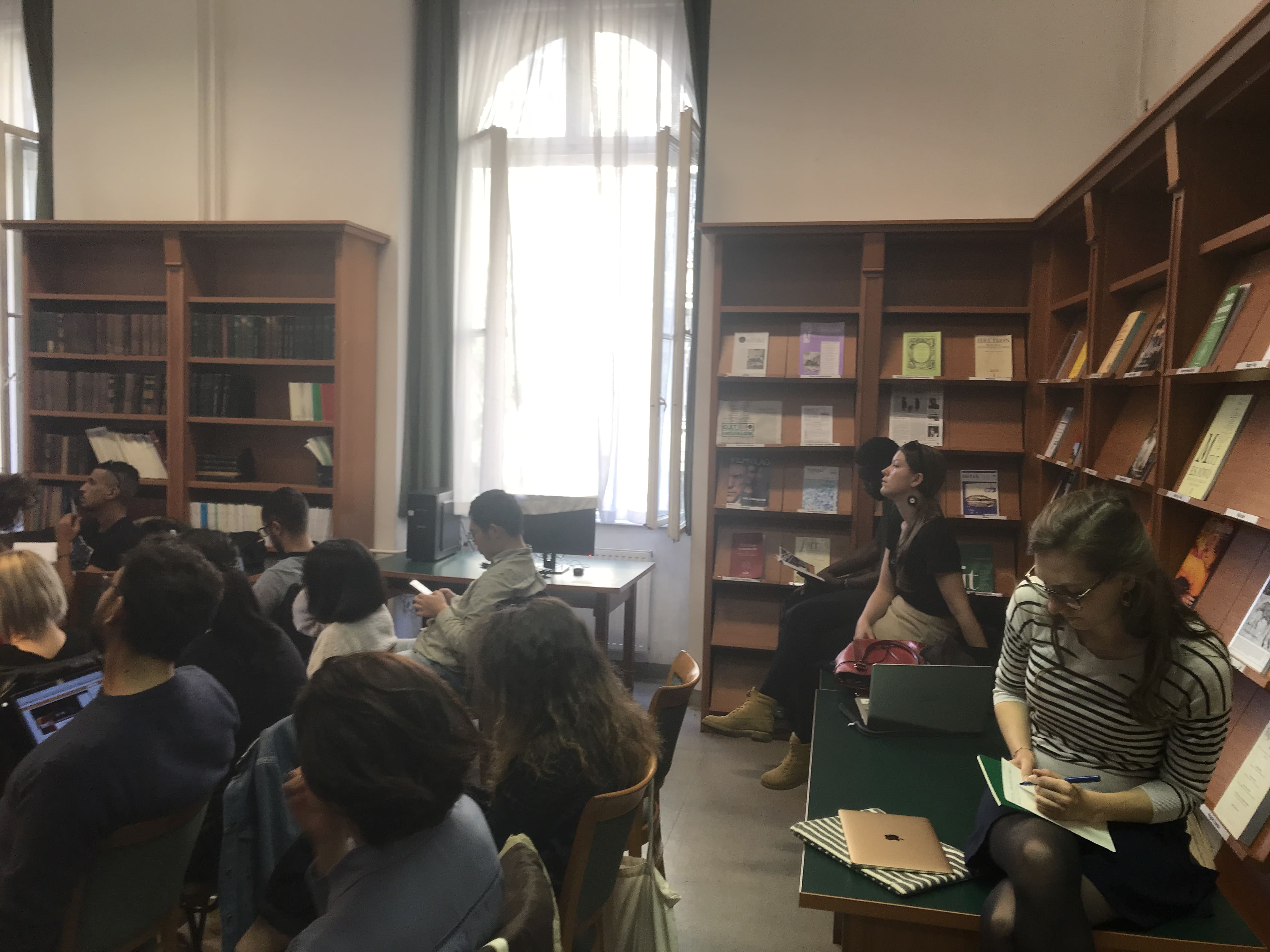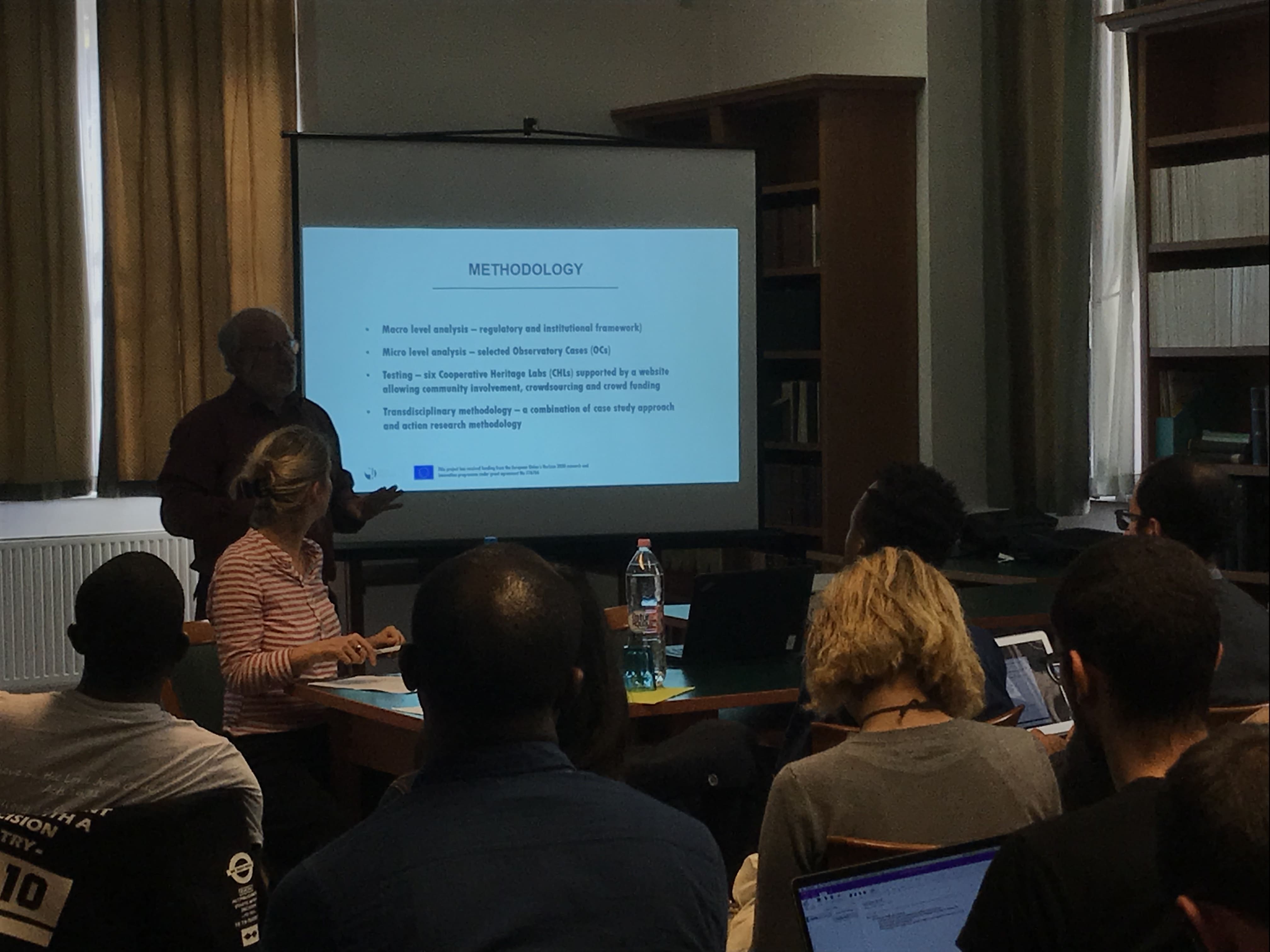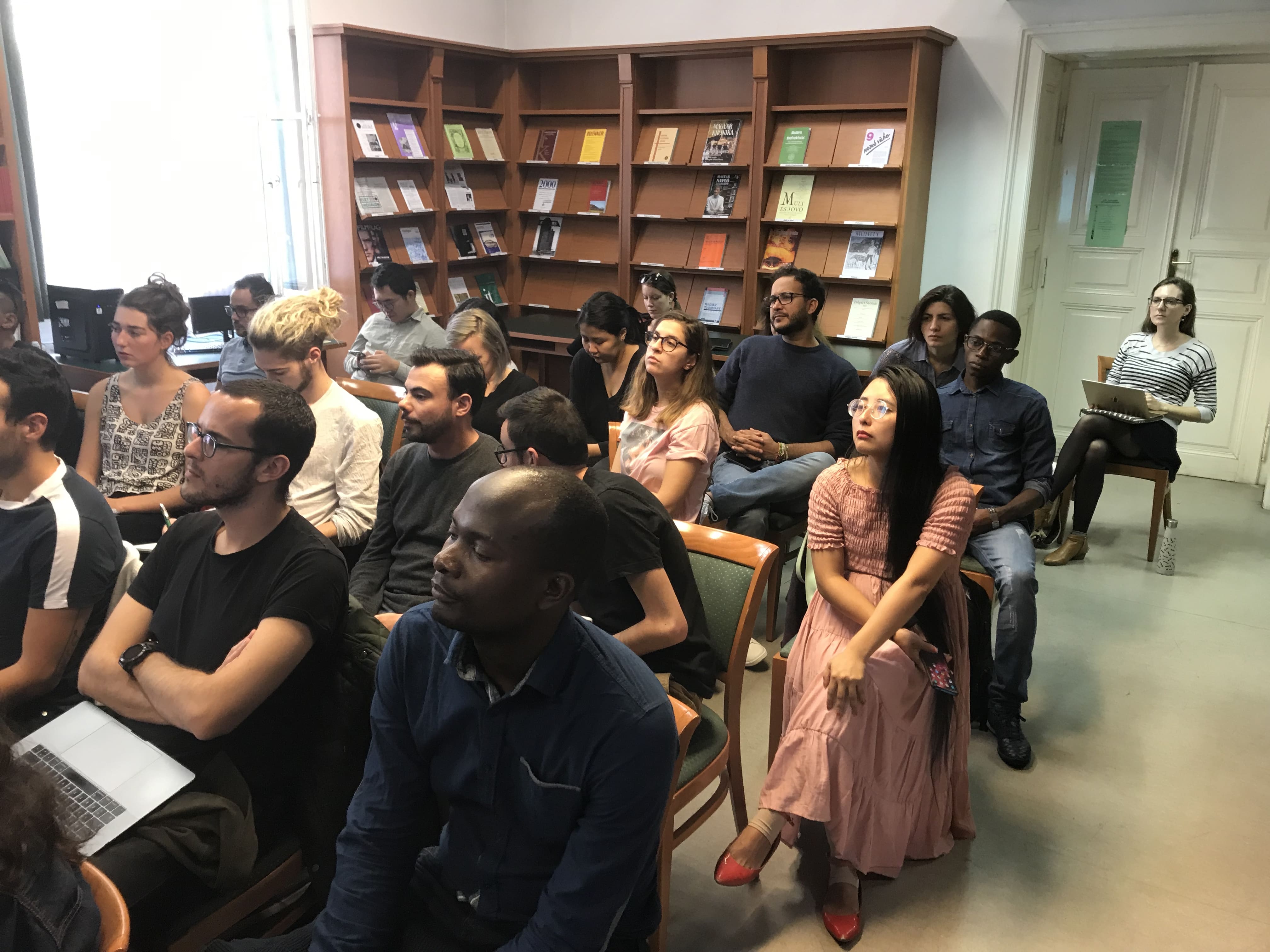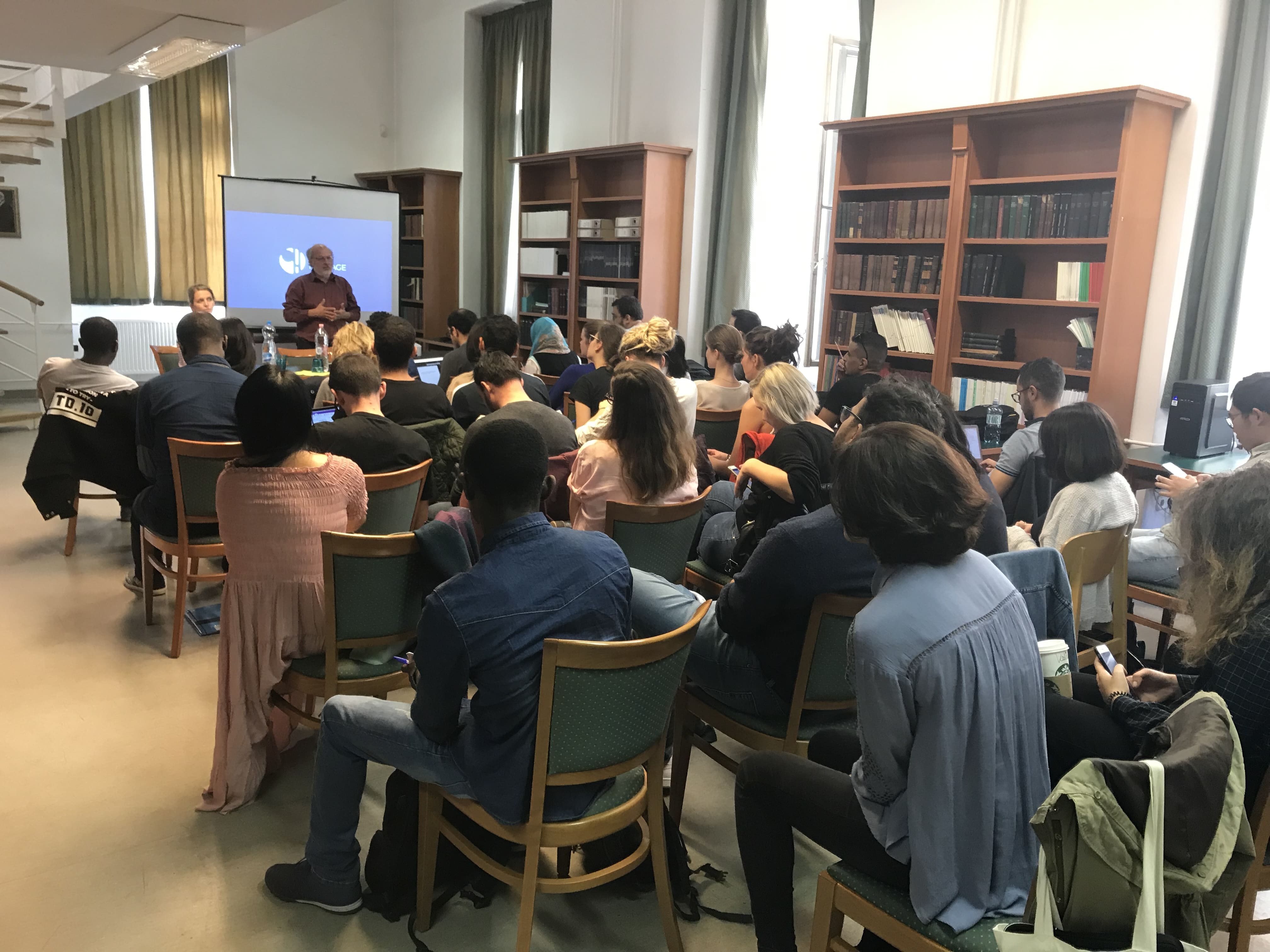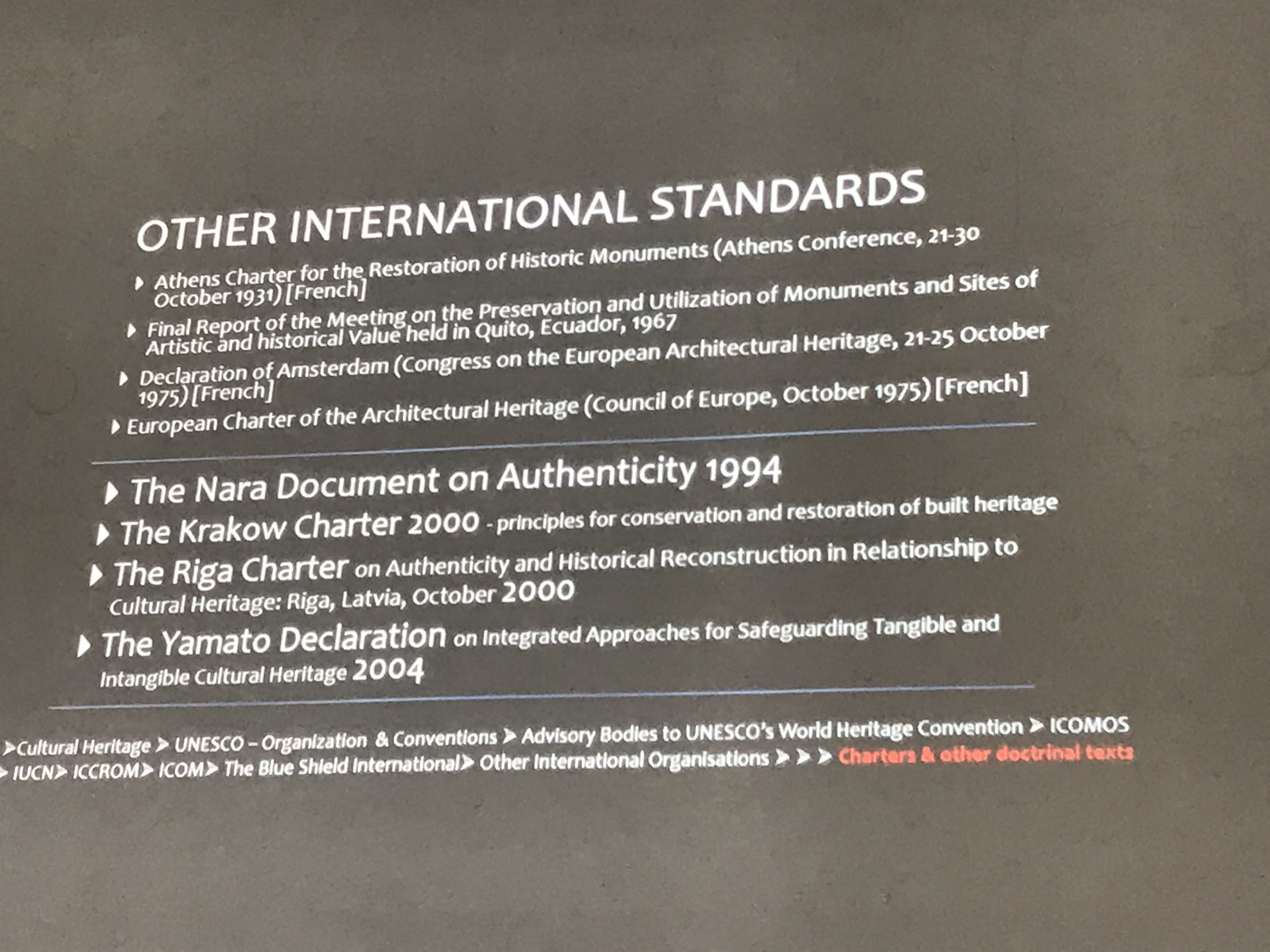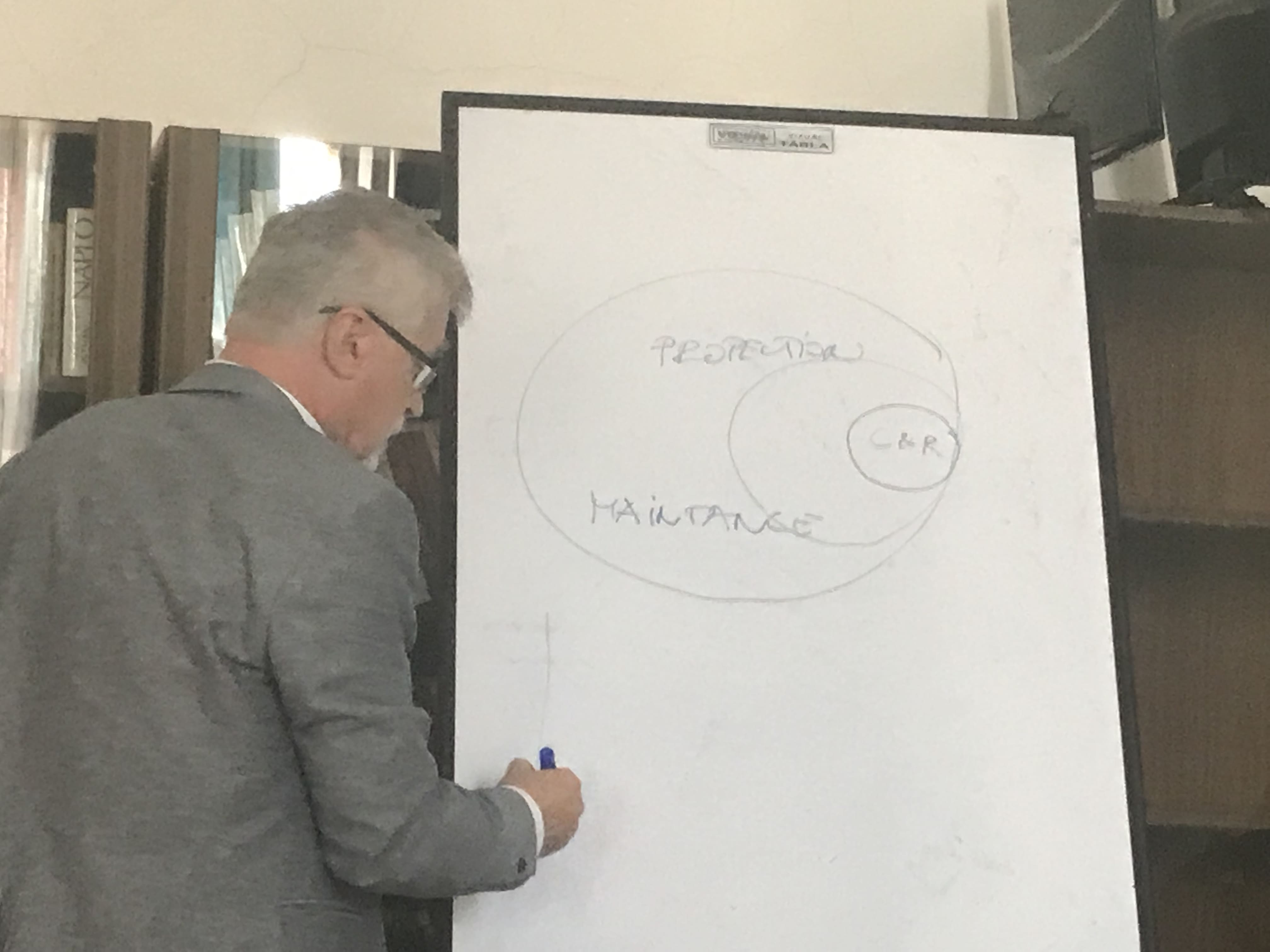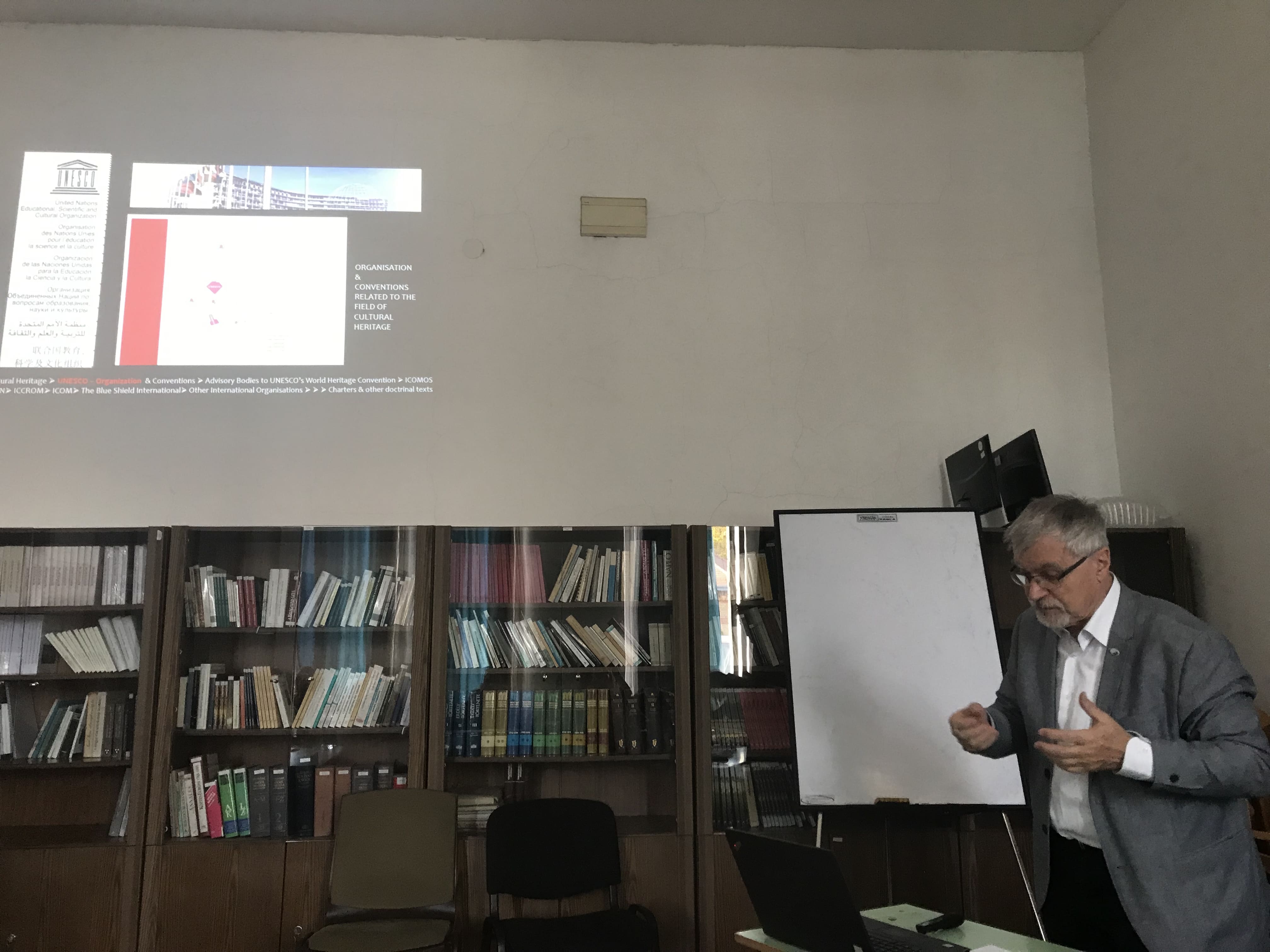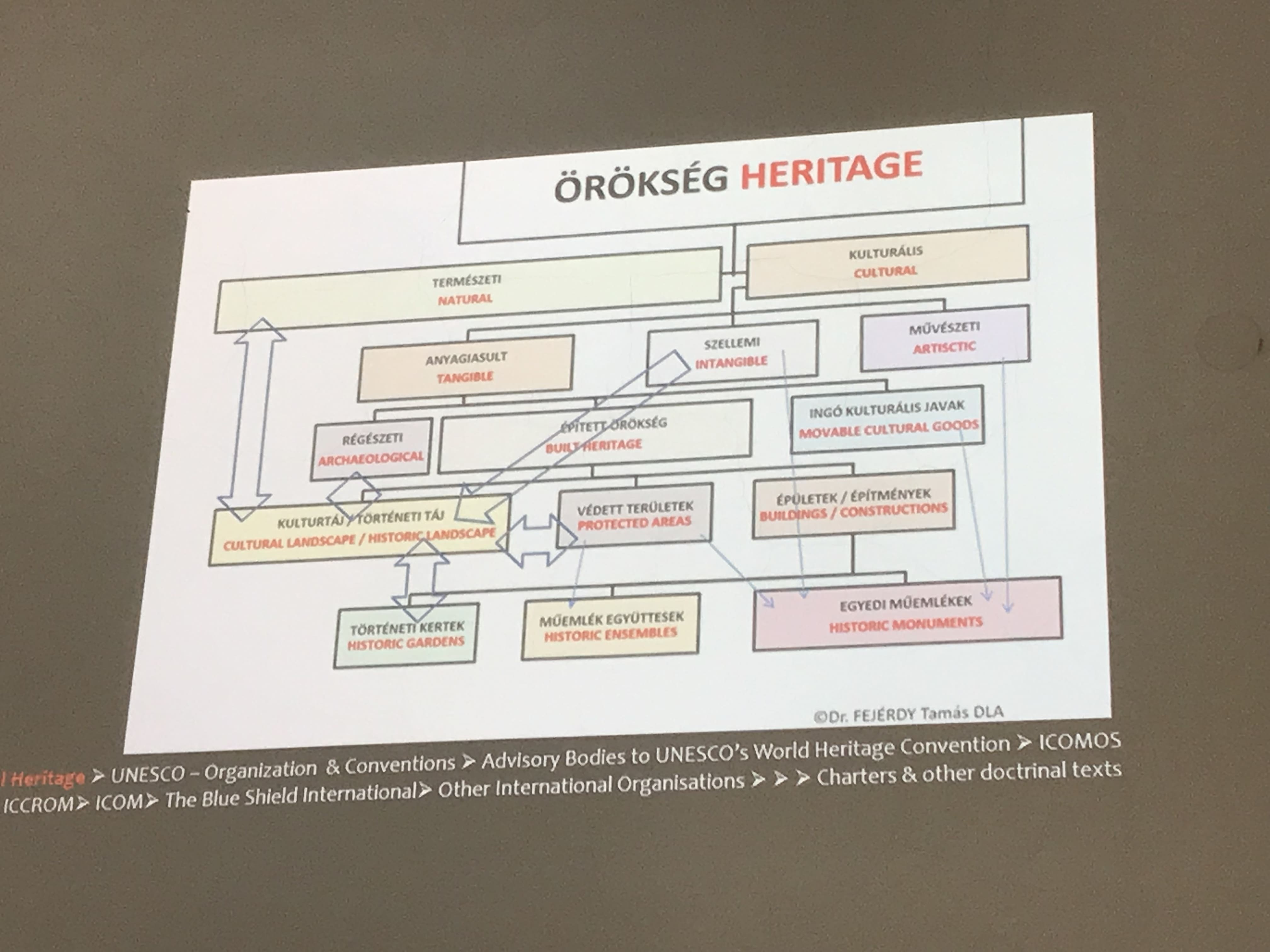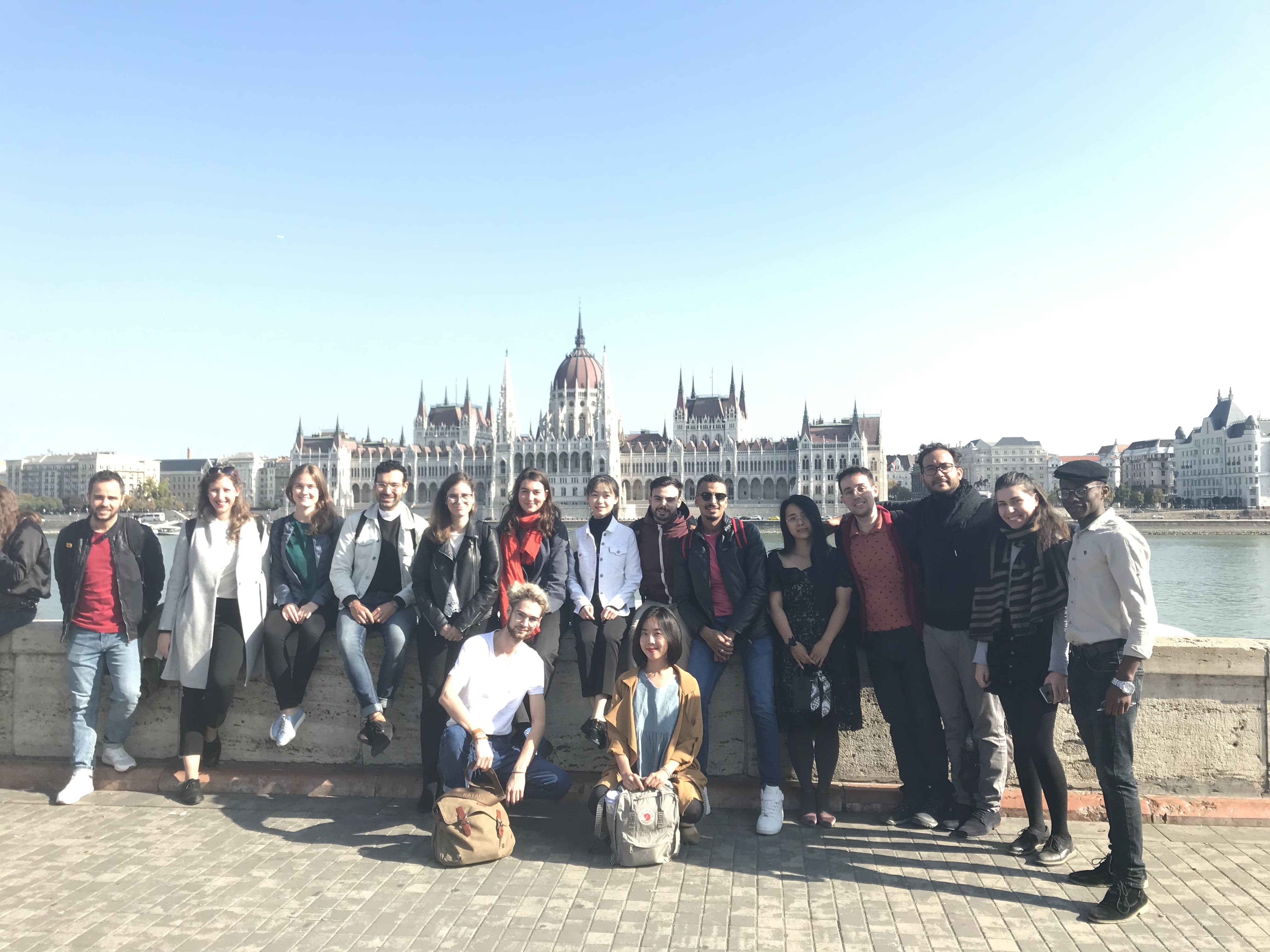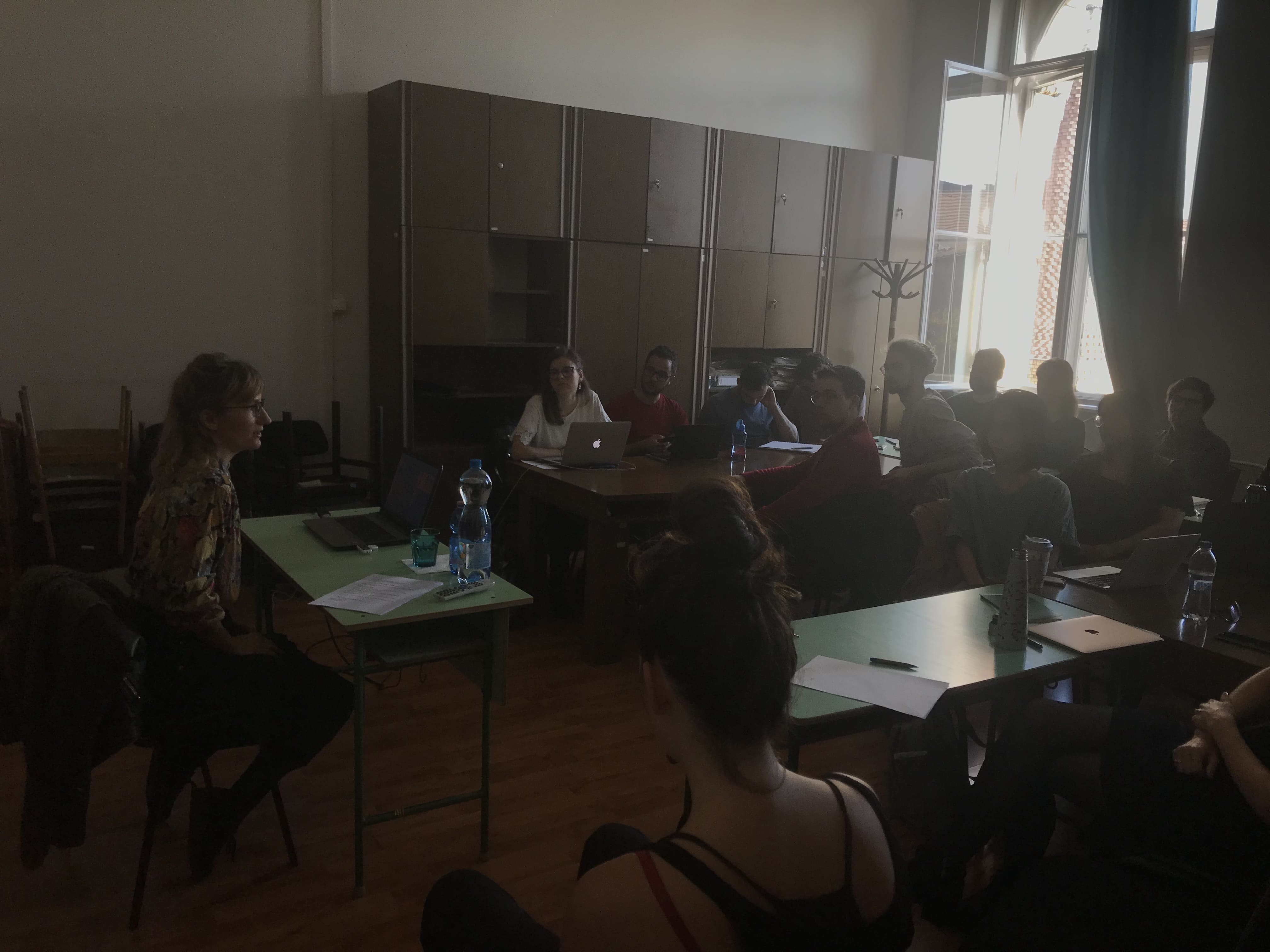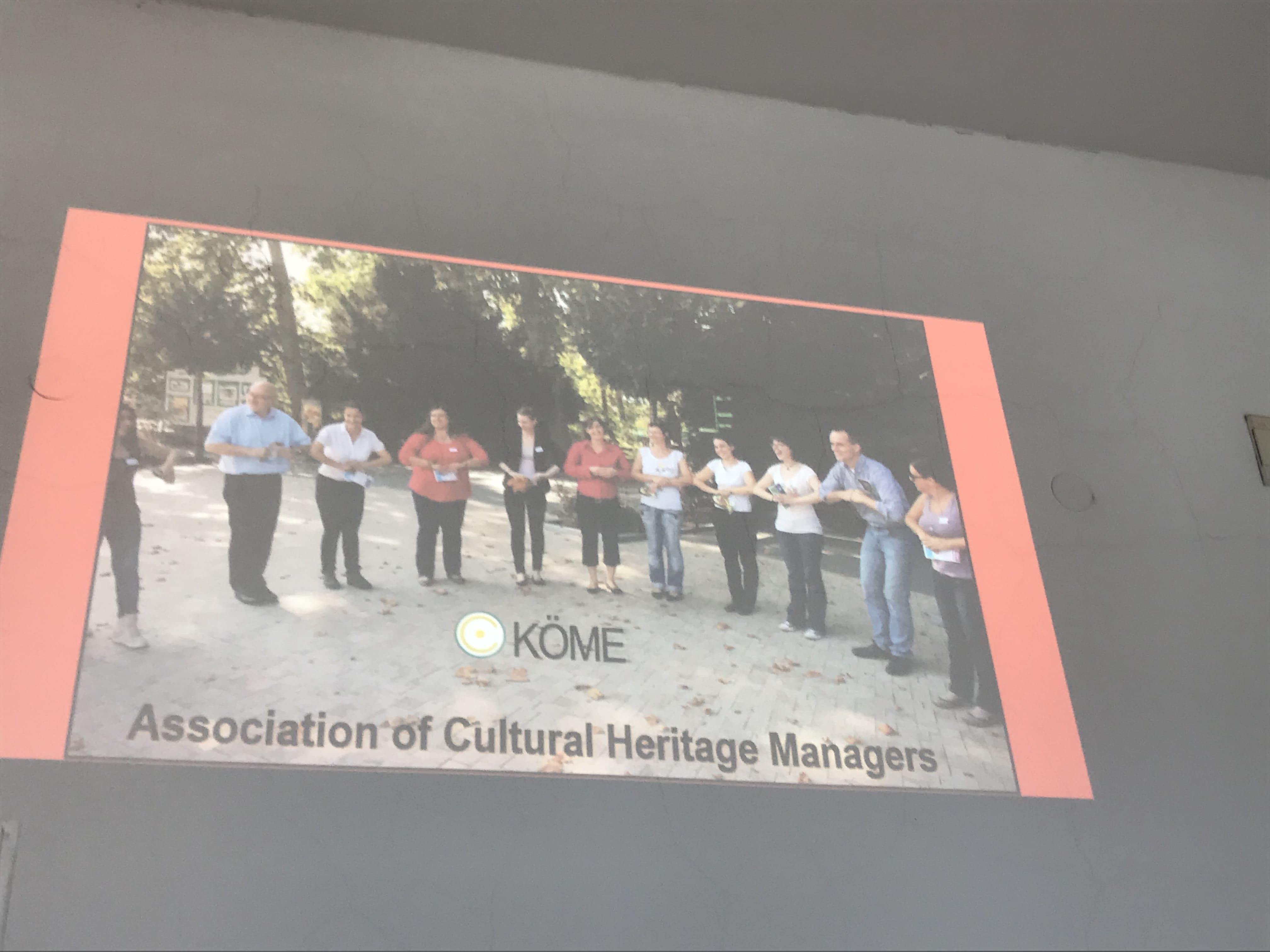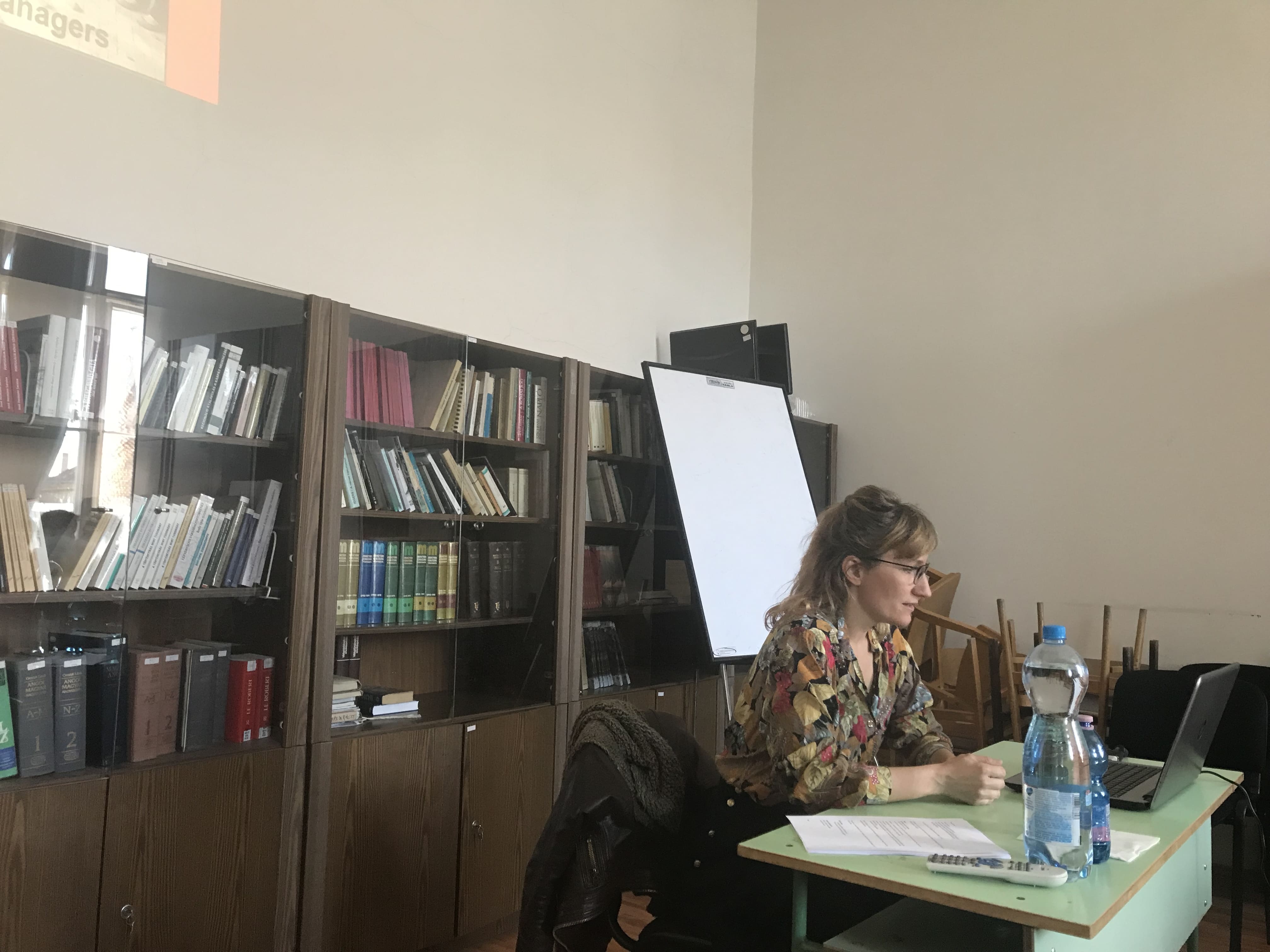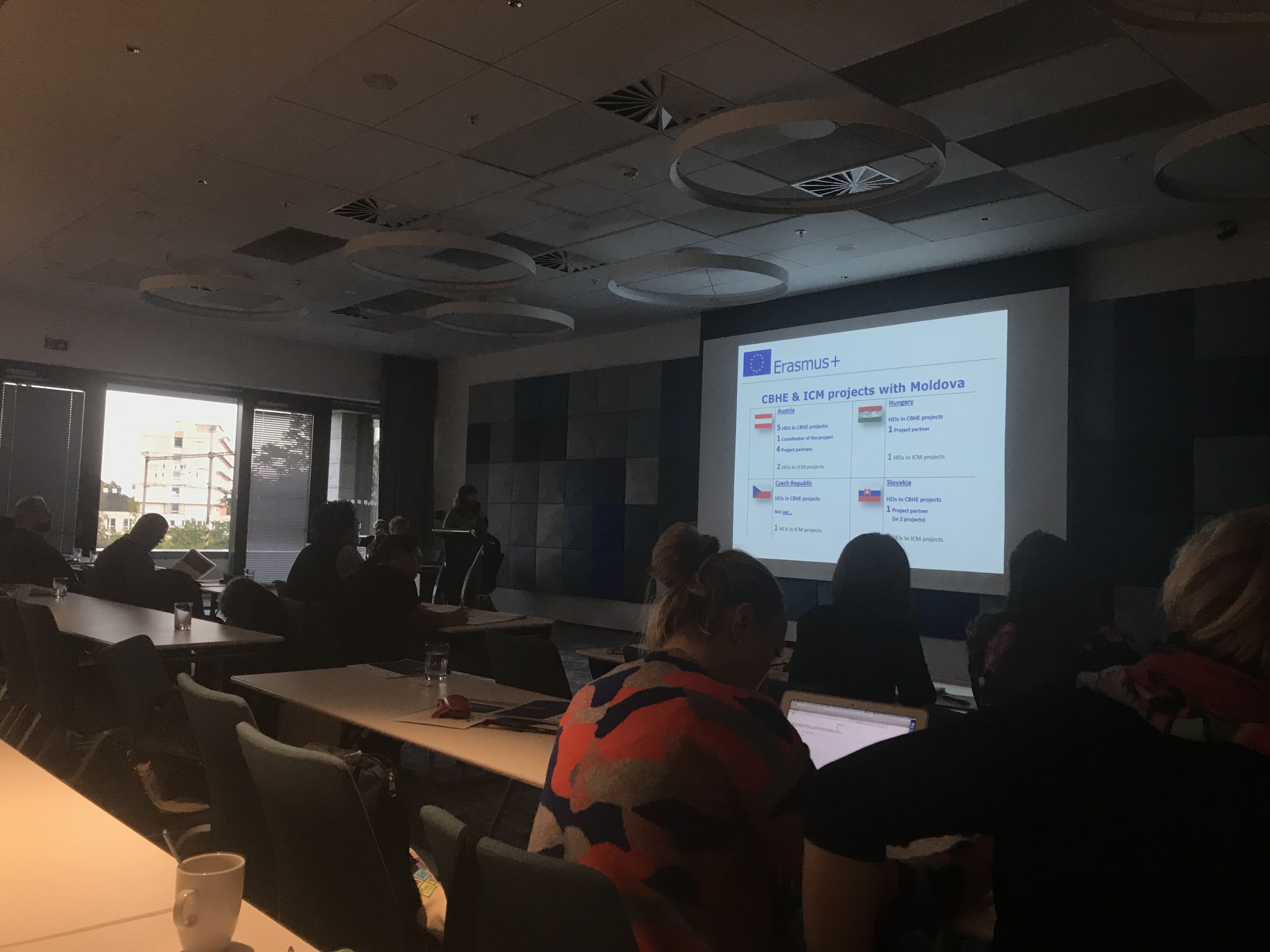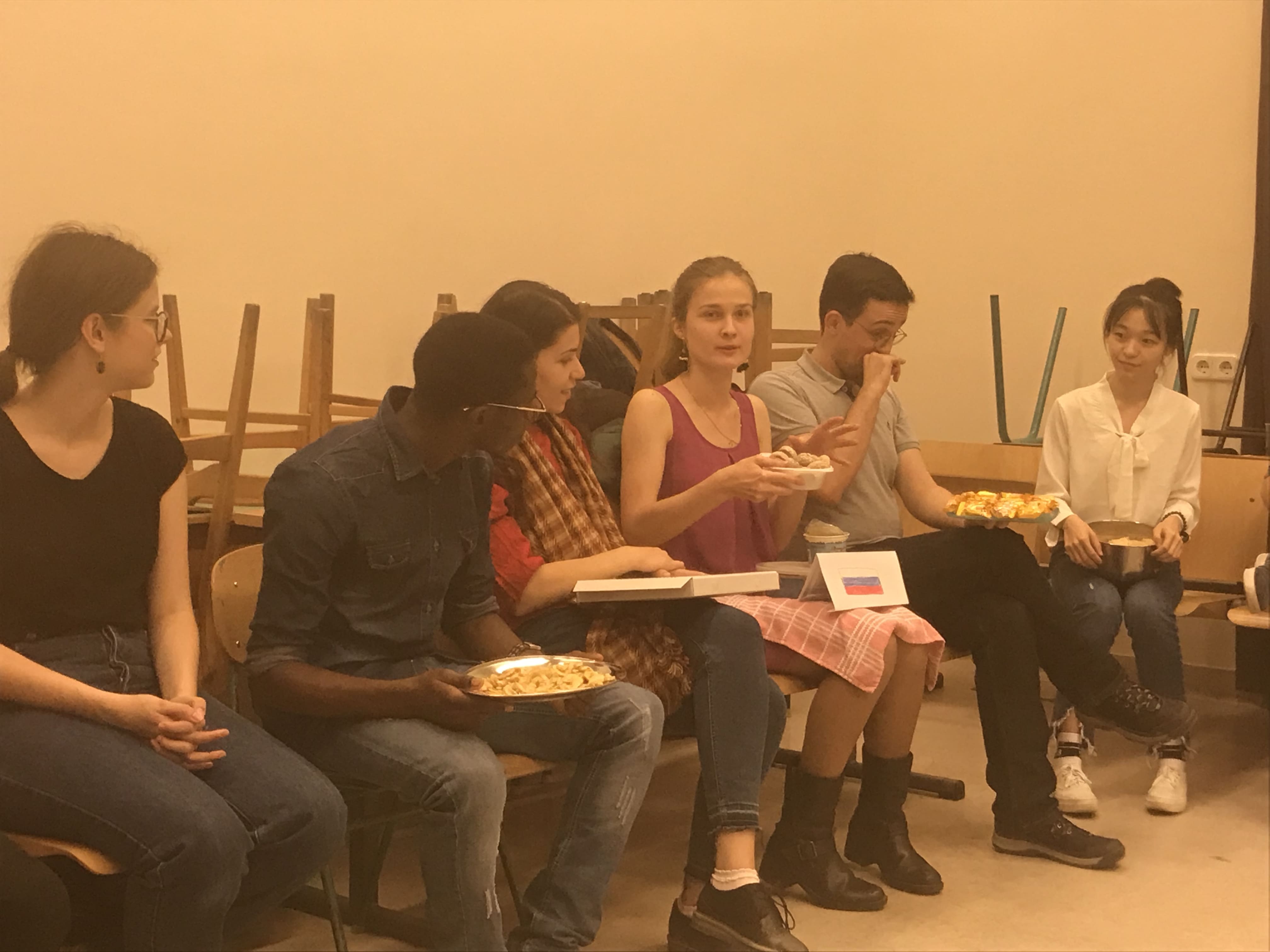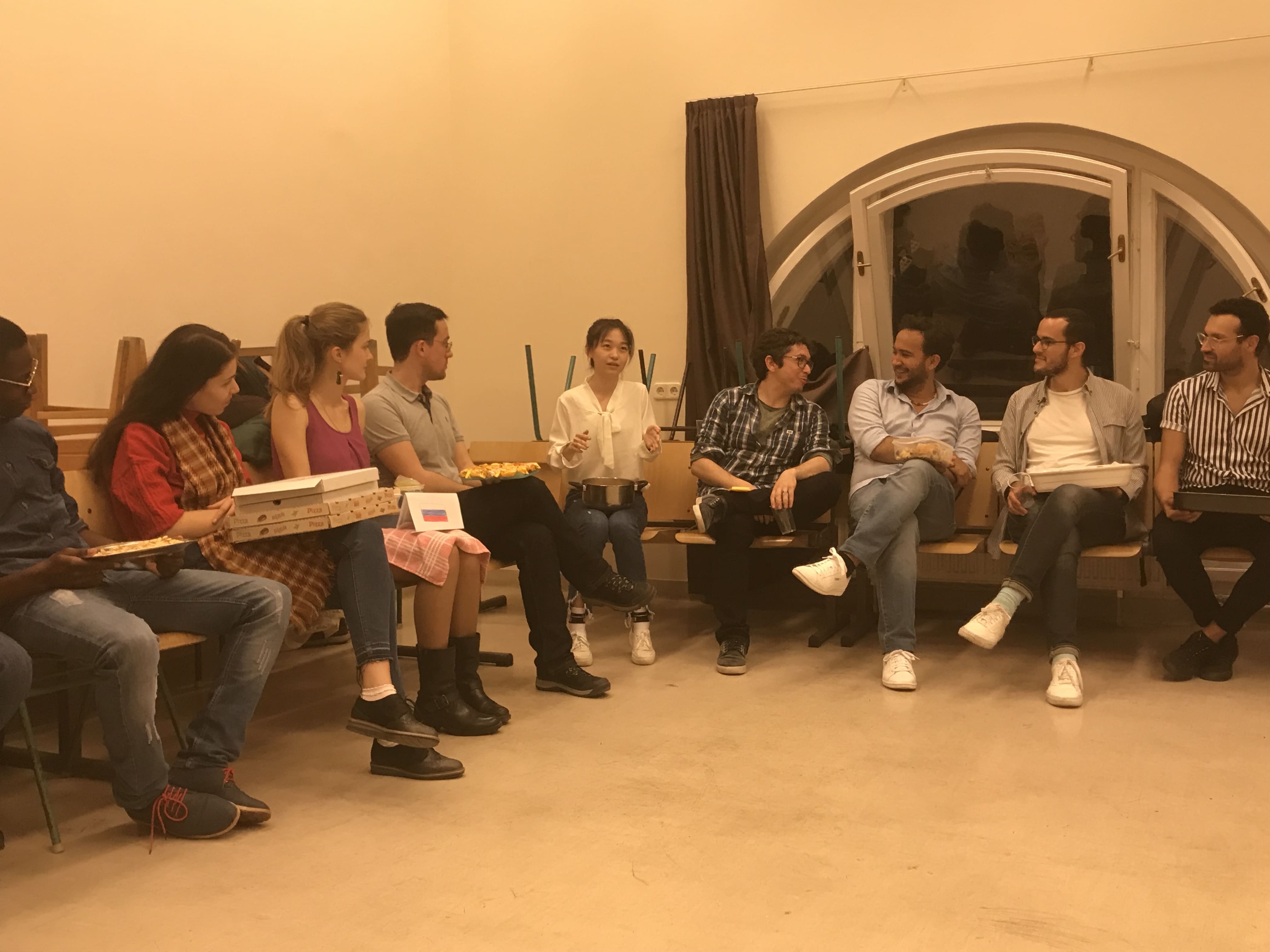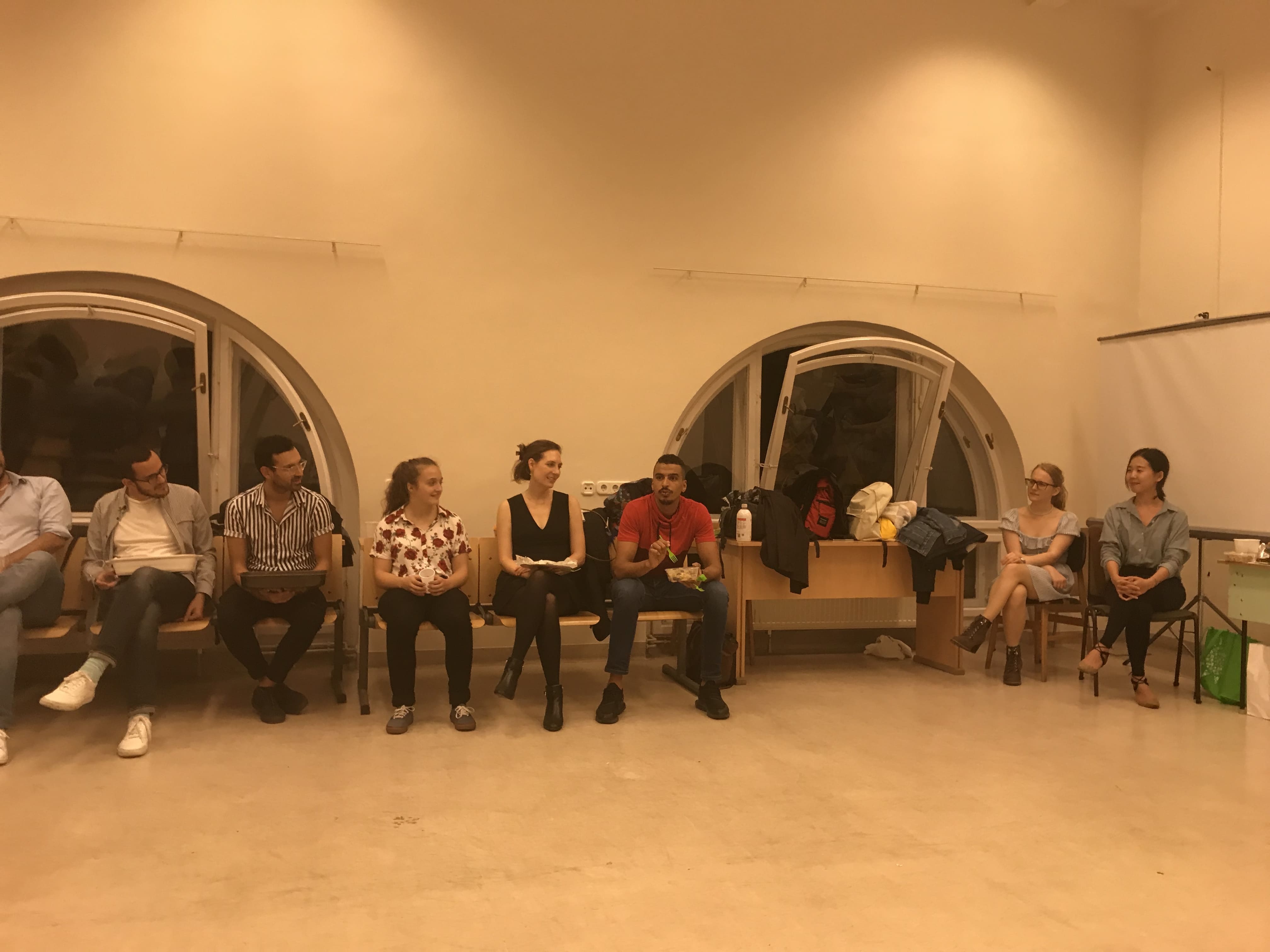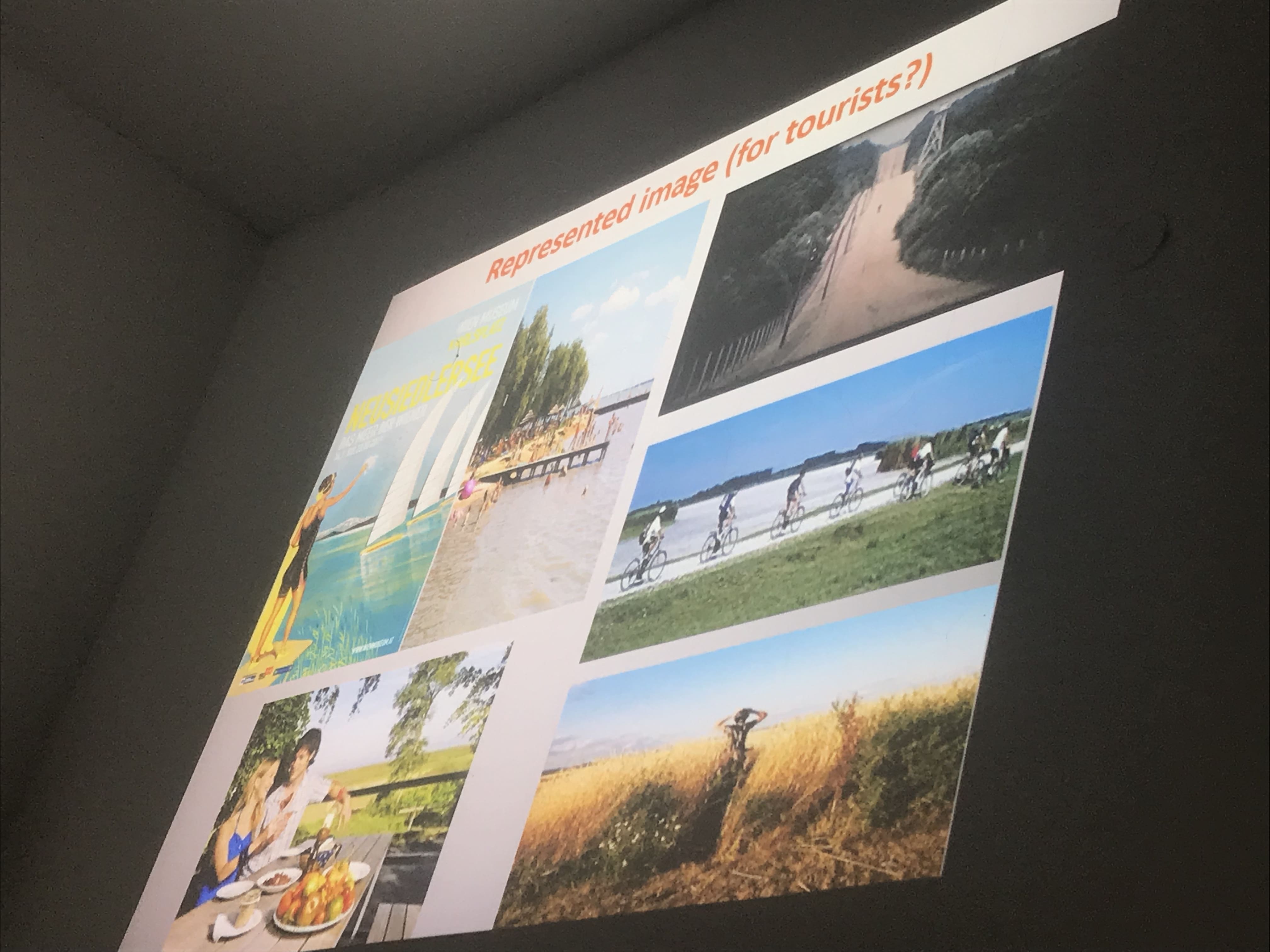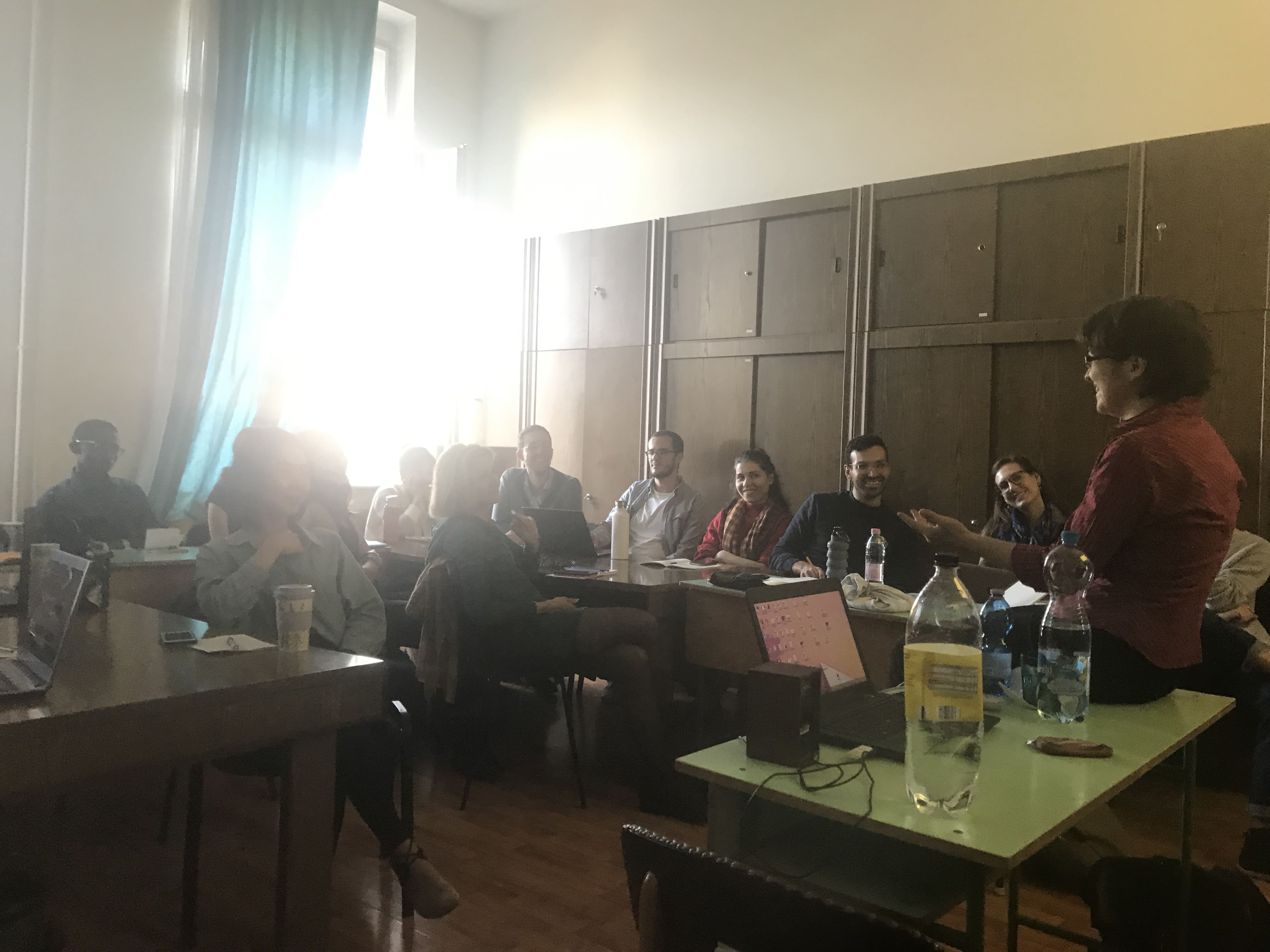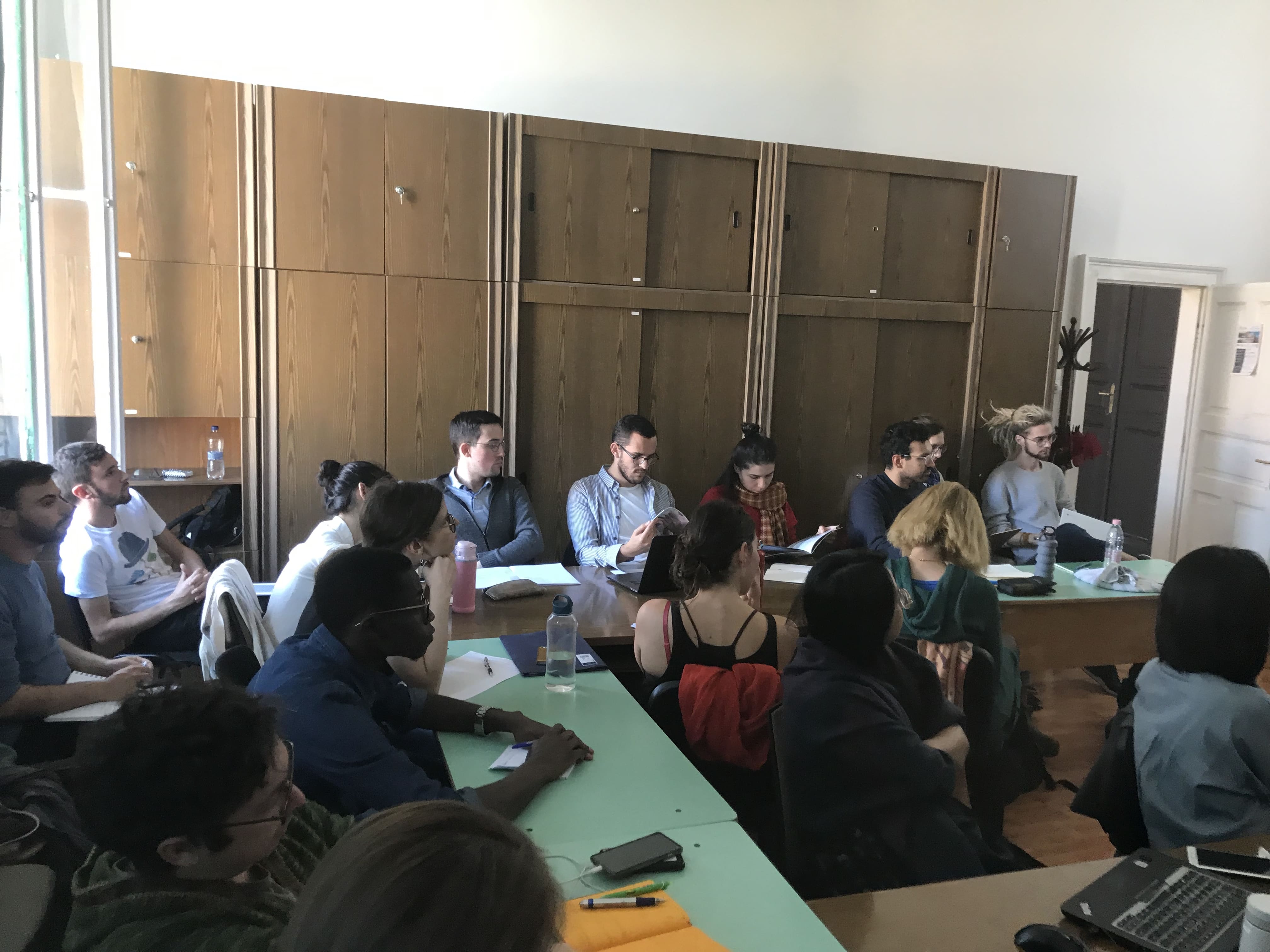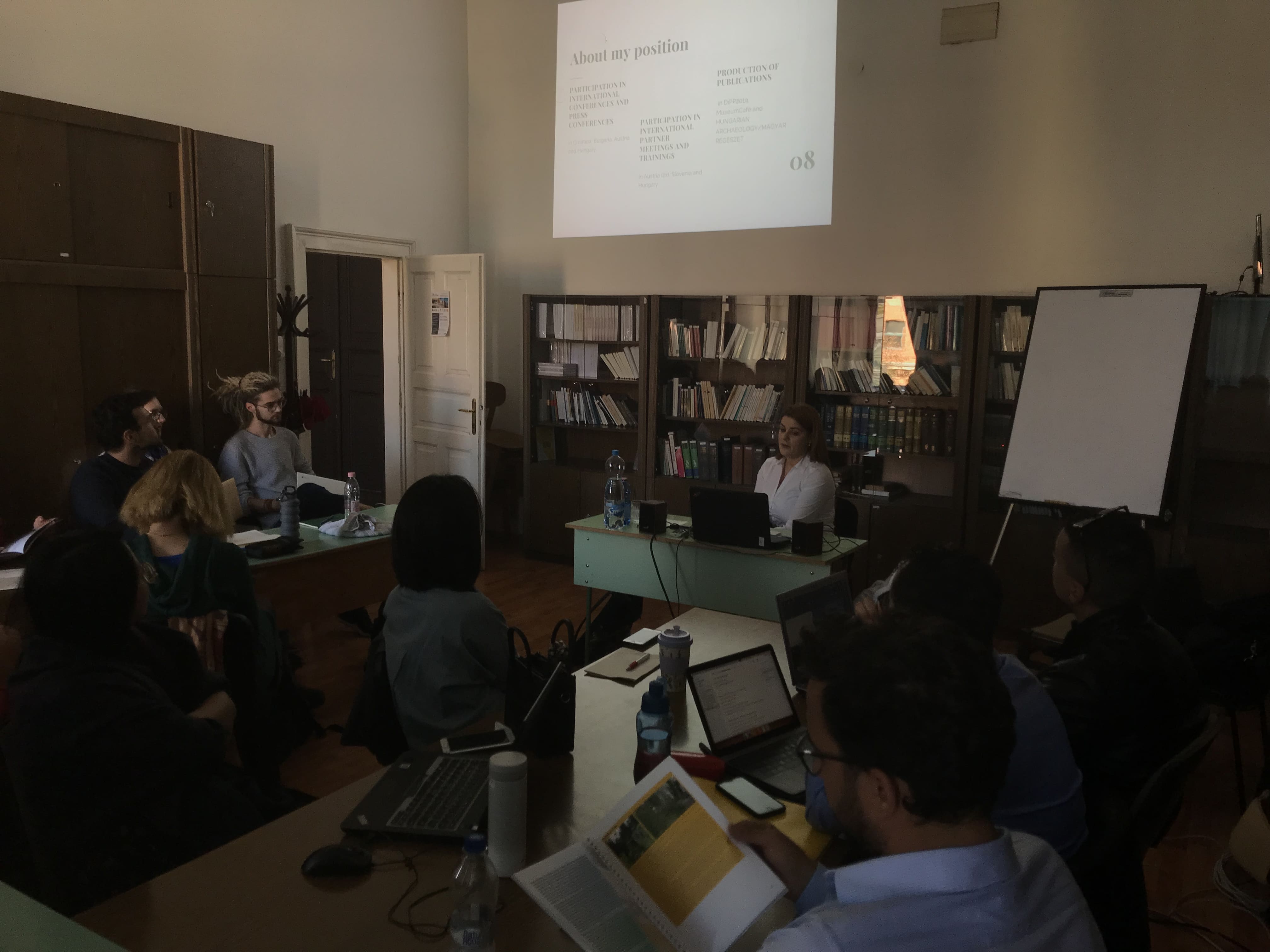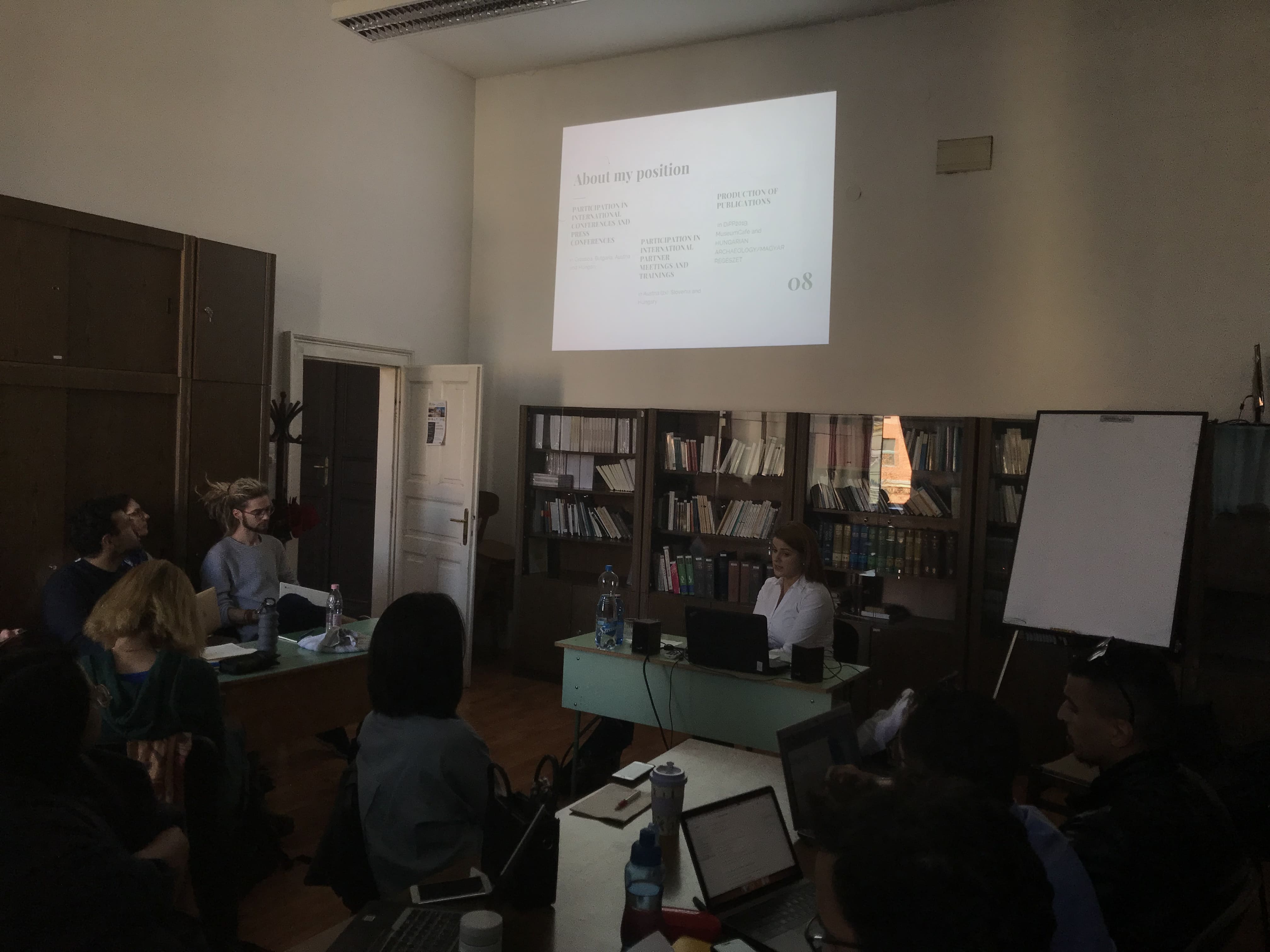|
Family |
First |
Nationality |
Research |
|
Perrenoud |
Zoe |
French/Irish |
Analysing contrasting representations of |
|
Pauvret |
Thomas |
French |
Japonisme et Orientalisme |
|
Biddlecome |
Leigh |
American |
Exclusion in the guise of ‘authenticity’: |
|
Mazur |
Ekaterina |
Russian |
Catholic Cathedrals in Europe and |
|
Mirmohammad |
Fariba |
Iranian |
Participatory approaches and urban |
|
Fomekong |
Narcisse |
Cameroonian |
Pratiques orales en Afrique: entre oralité |
|
López |
Patricio |
Chilean |
Heritage on trial. The statue of General |
|
Guzmán |
Diego |
Mexican/ Spanish |
Industrial Heritage and Urban Regeneration: |
|
Artal |
Omar |
Moroccan |
Patrimoine culturel immatériel: du Souk |
|
Kim |
Hyejin |
Korean |
Transmission of Memory: Heritage Trail and |
|
Ben |
Haroune |
Algerian |
Le patrimoine soufi face au défi salafiste |
|
Zhai |
Meiyu |
Chinese |
Comment les politiques de l'UNESCO |
|
Difilippo |
Gabriel |
French |
Entre biodiversité et pratiques cynégétiques |
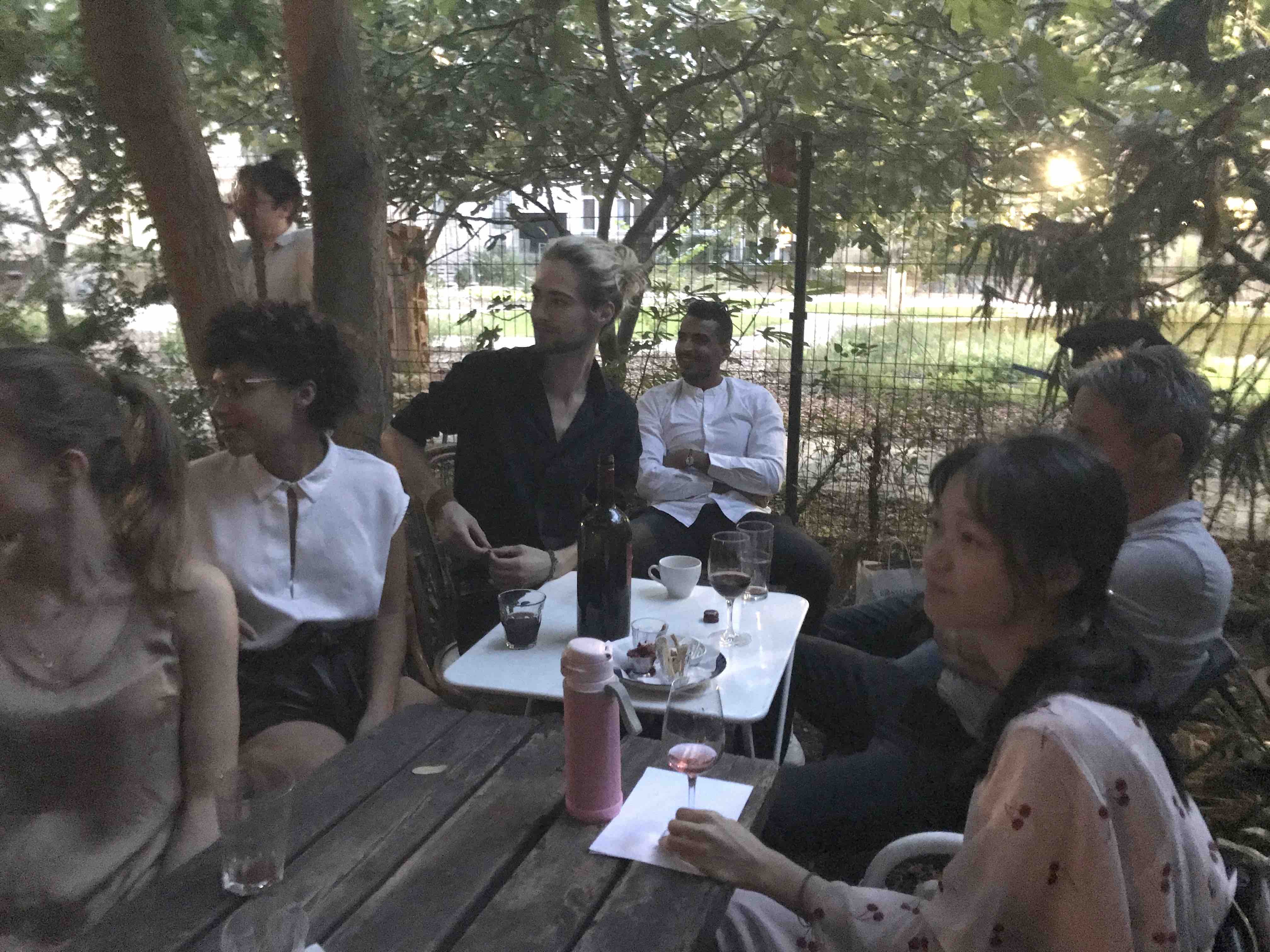
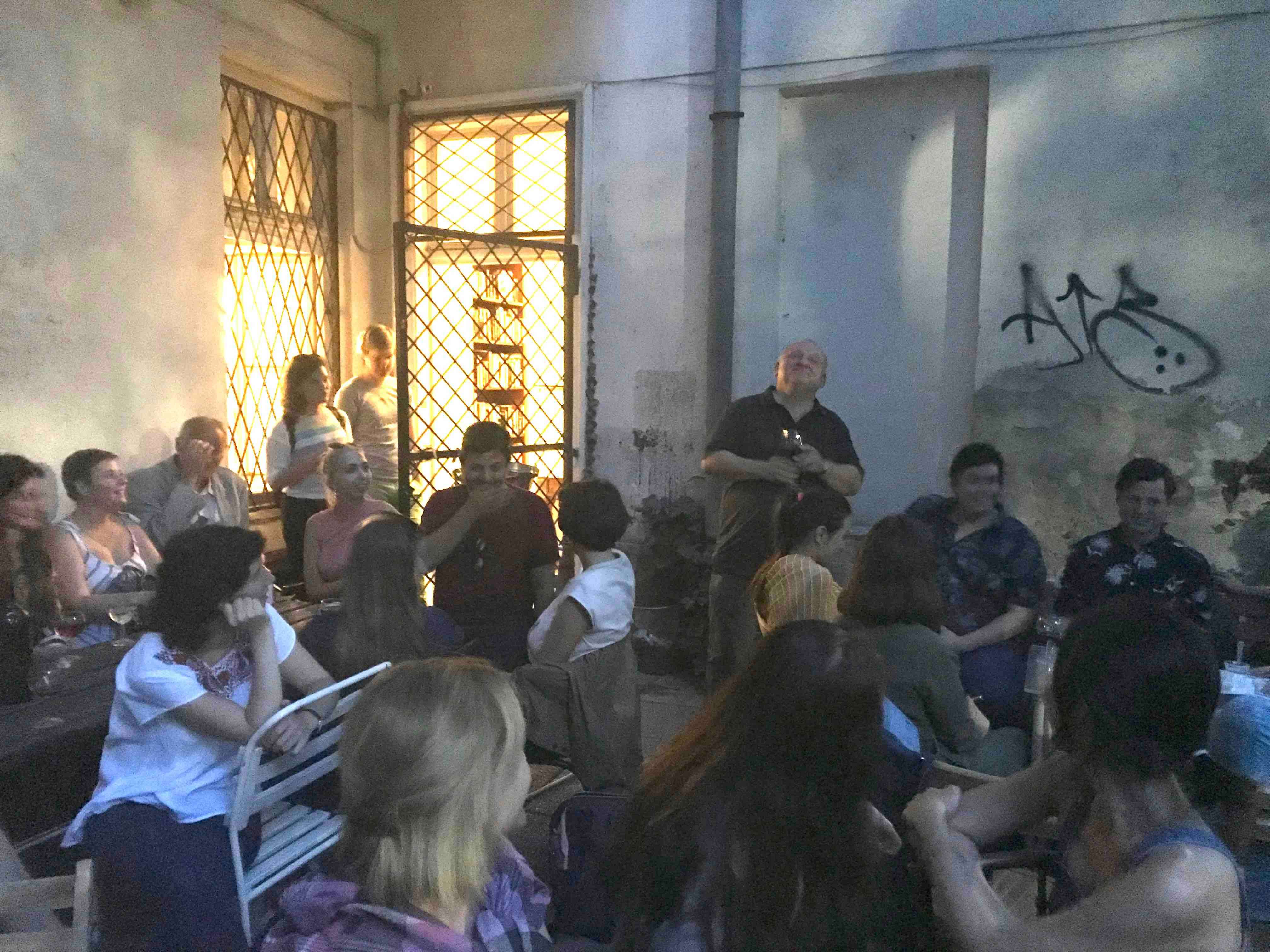
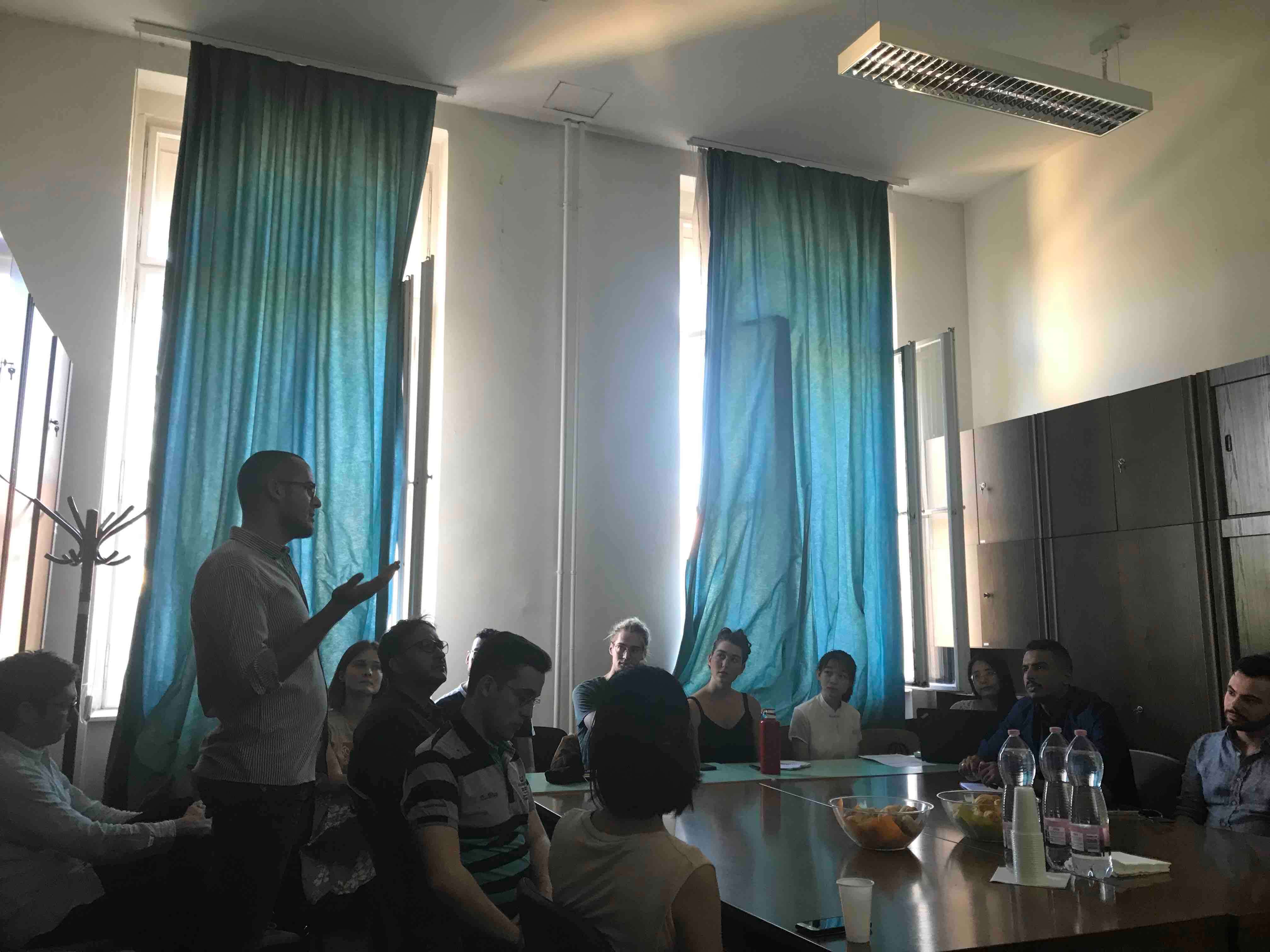
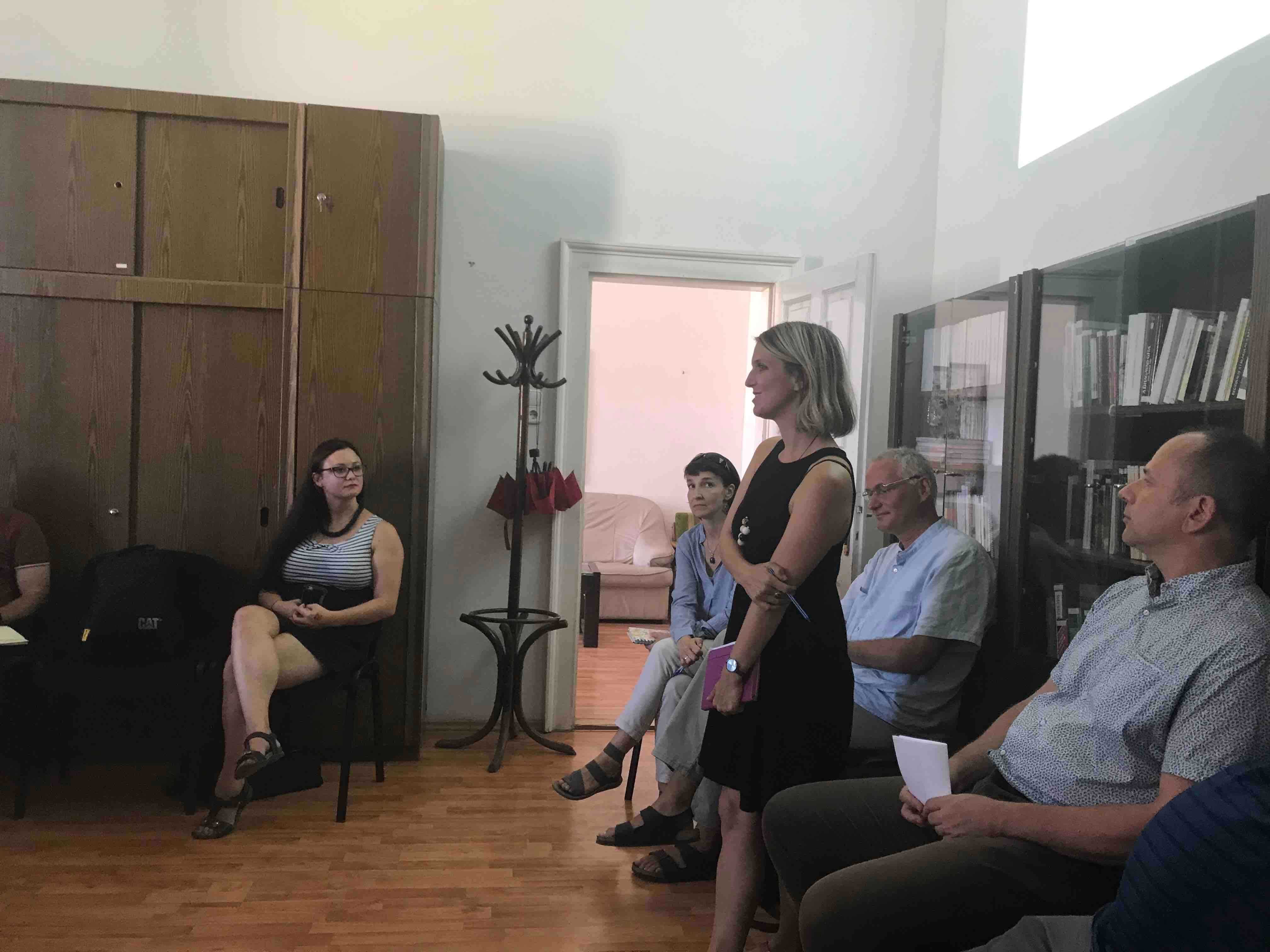
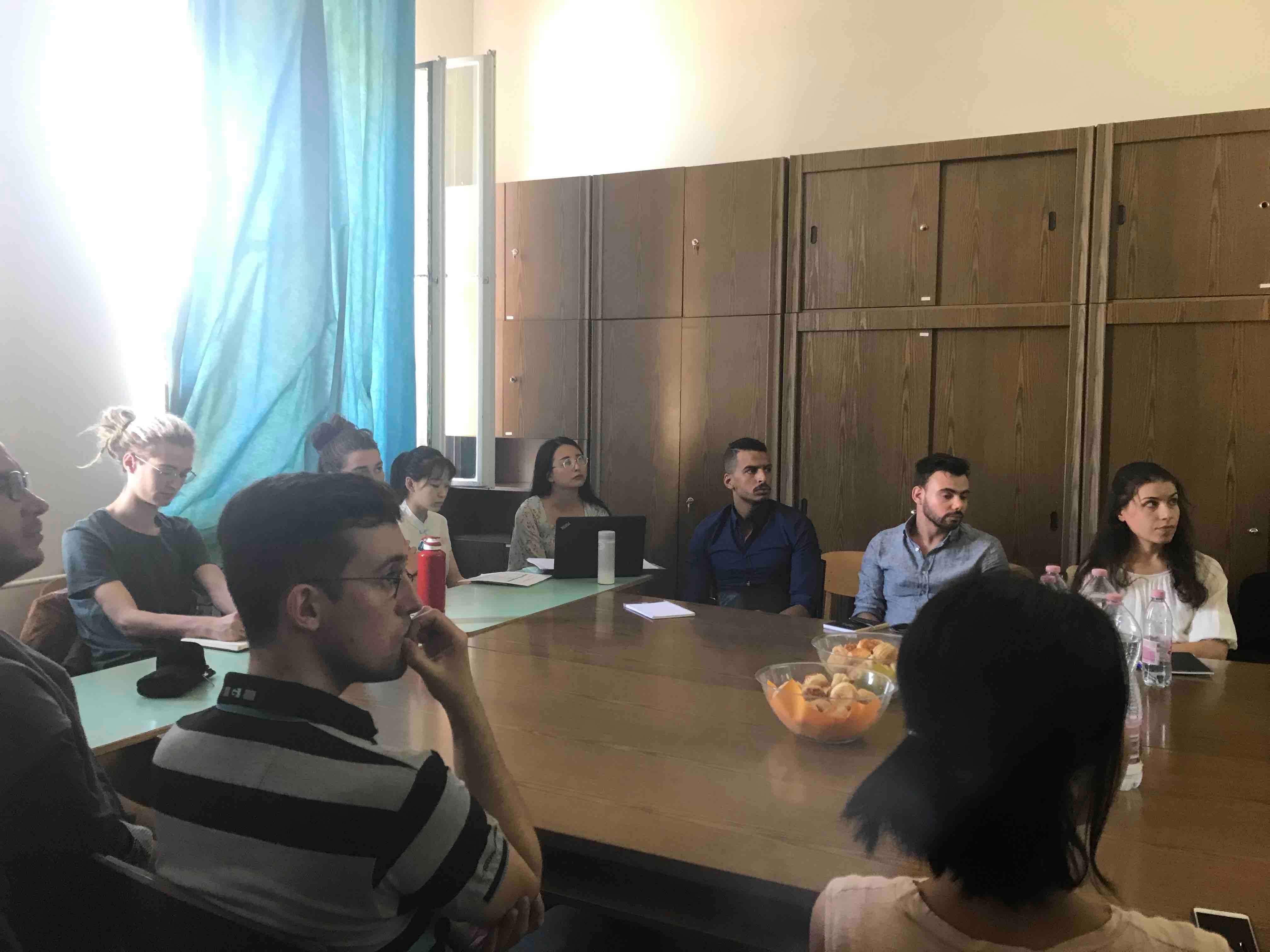
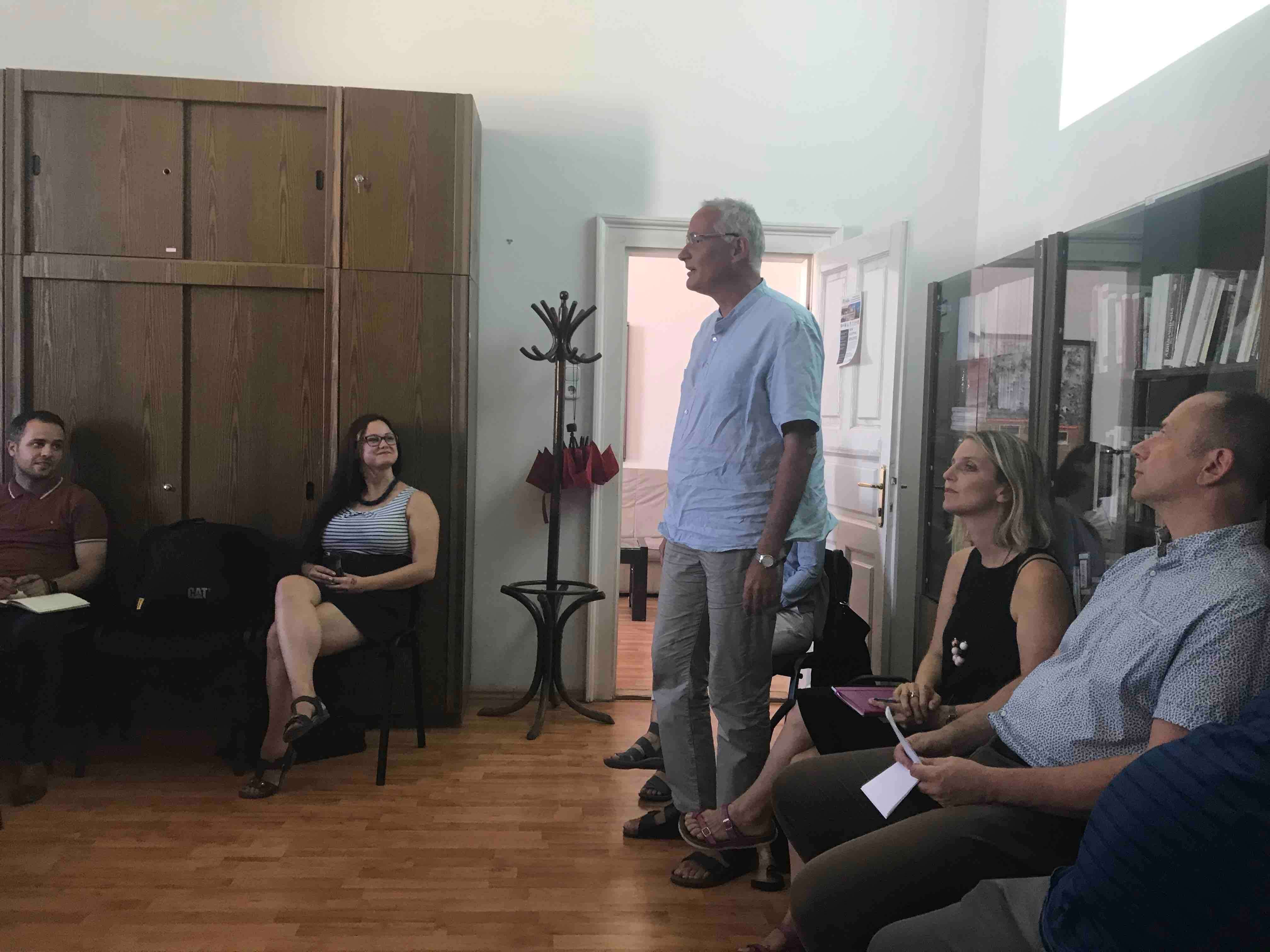
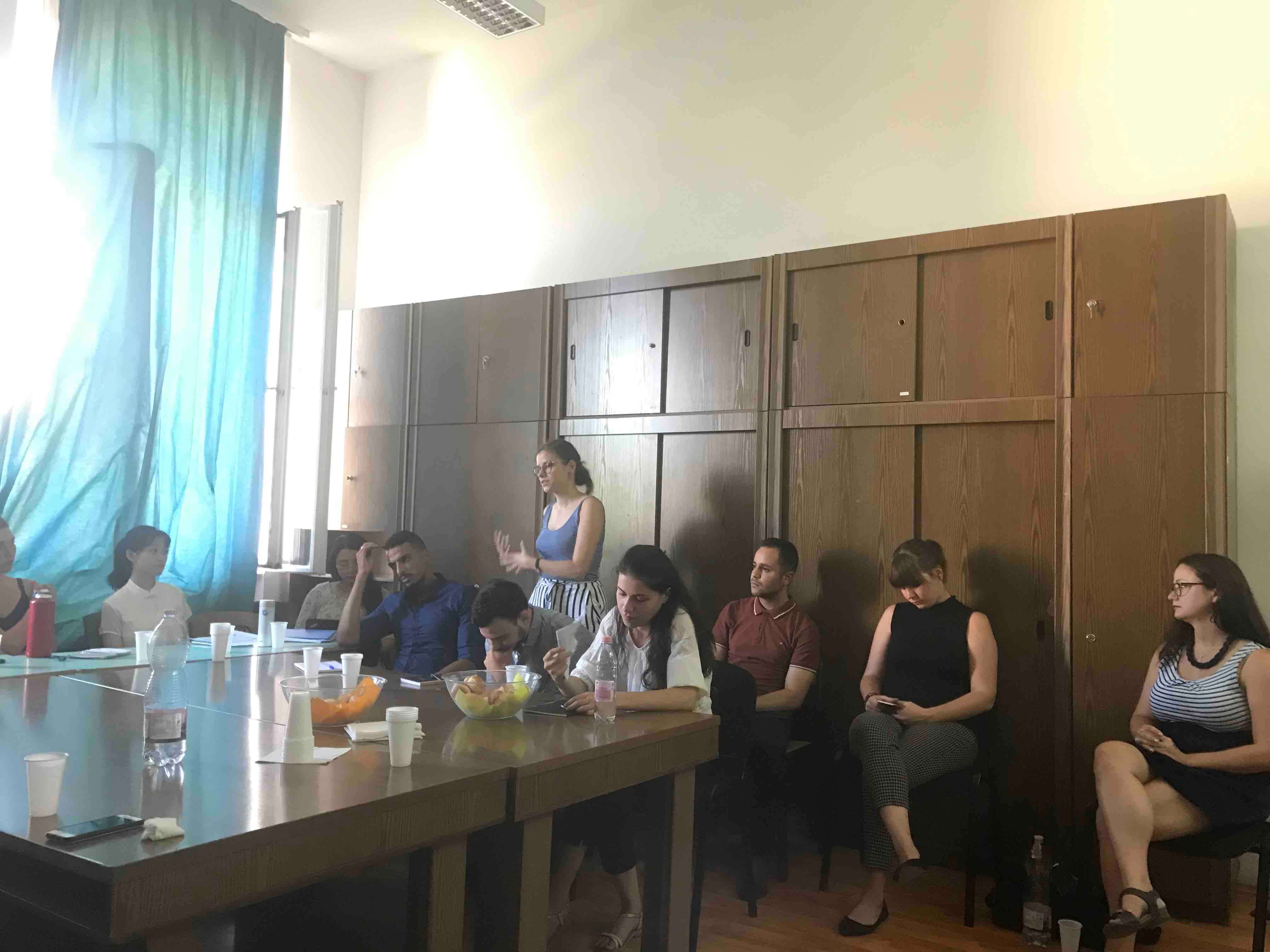
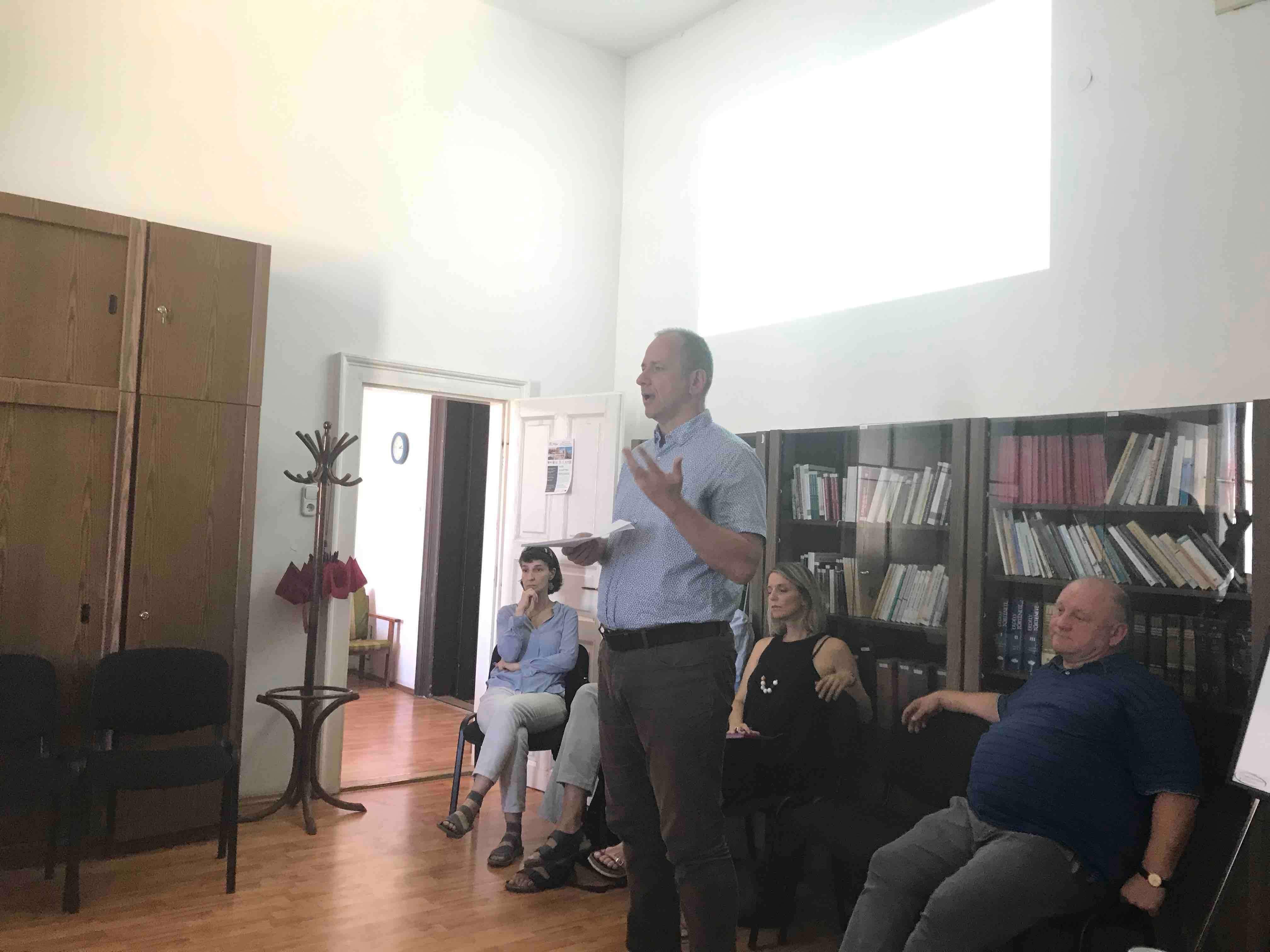
Katya's Testimonial
Hi! I am Katya, and I am happy to share my experience about doing TEMA+ master programme! I am doing my first semester in Budapest, and I will soon move to Prague to study there for the rest of the master. My bachelor degree is in Advertising&PR, and many of my classmates come from fields other than Heritage Studies. Most of our in- and after-class discussions about culture and heritage are very unpredictable and informative for me, especially because the basic intercultural exchange is coupled with academic and professional diversity. Before starting the programme I was worried that my lack of field work would make the whole experience rather challenging, but the courses gradually introduced the major topics, and we also had many practice-oriented workshops. Now I am really looking forward to doing an internship in Prague and applying this knowledge! I believe that TEMA+ programme is a good choice for people who have solid background in Humanities and want to learn to think critically of modern development of heritage and its management. I wish good luck to TEMA+ future applicants!

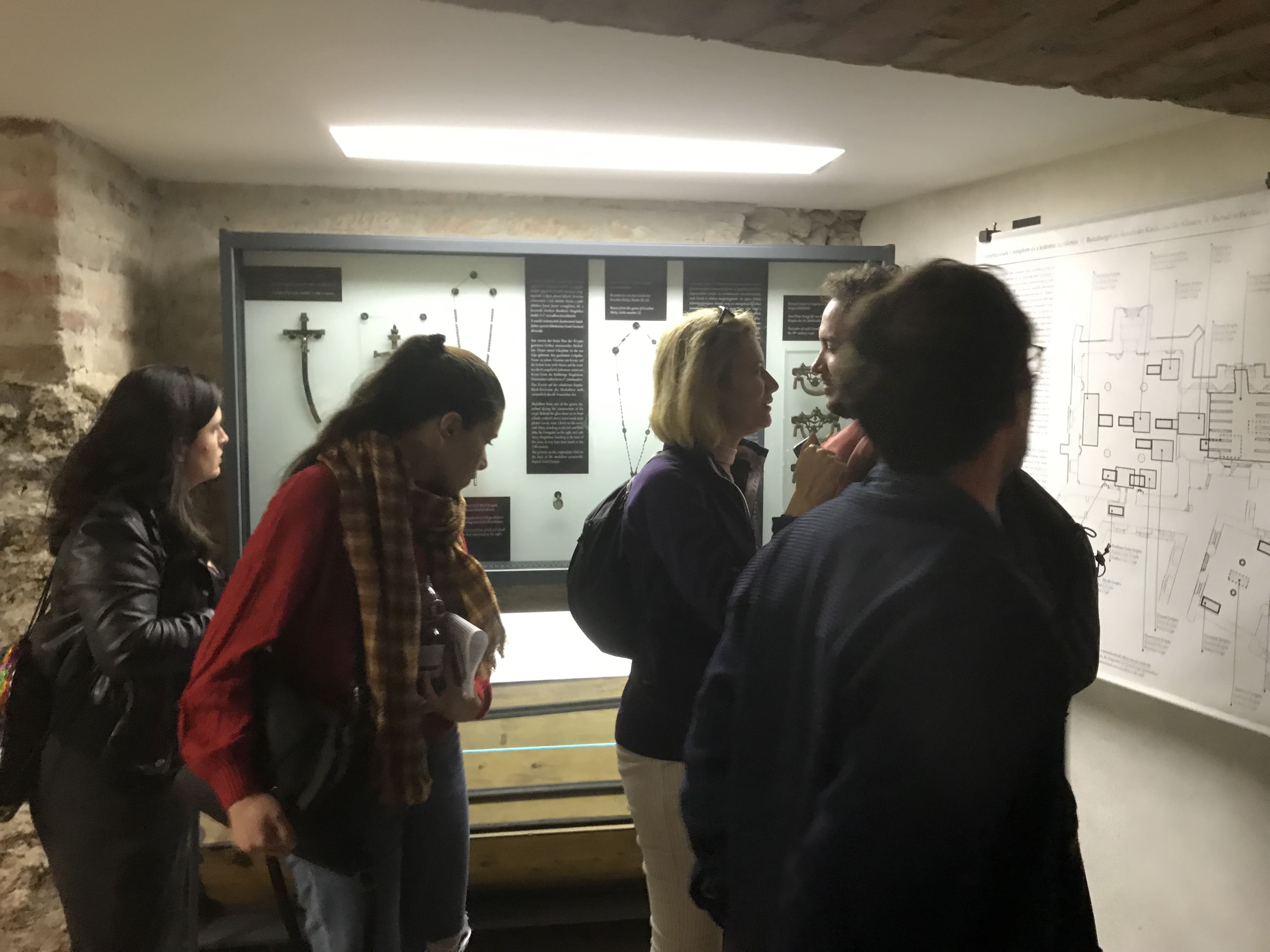

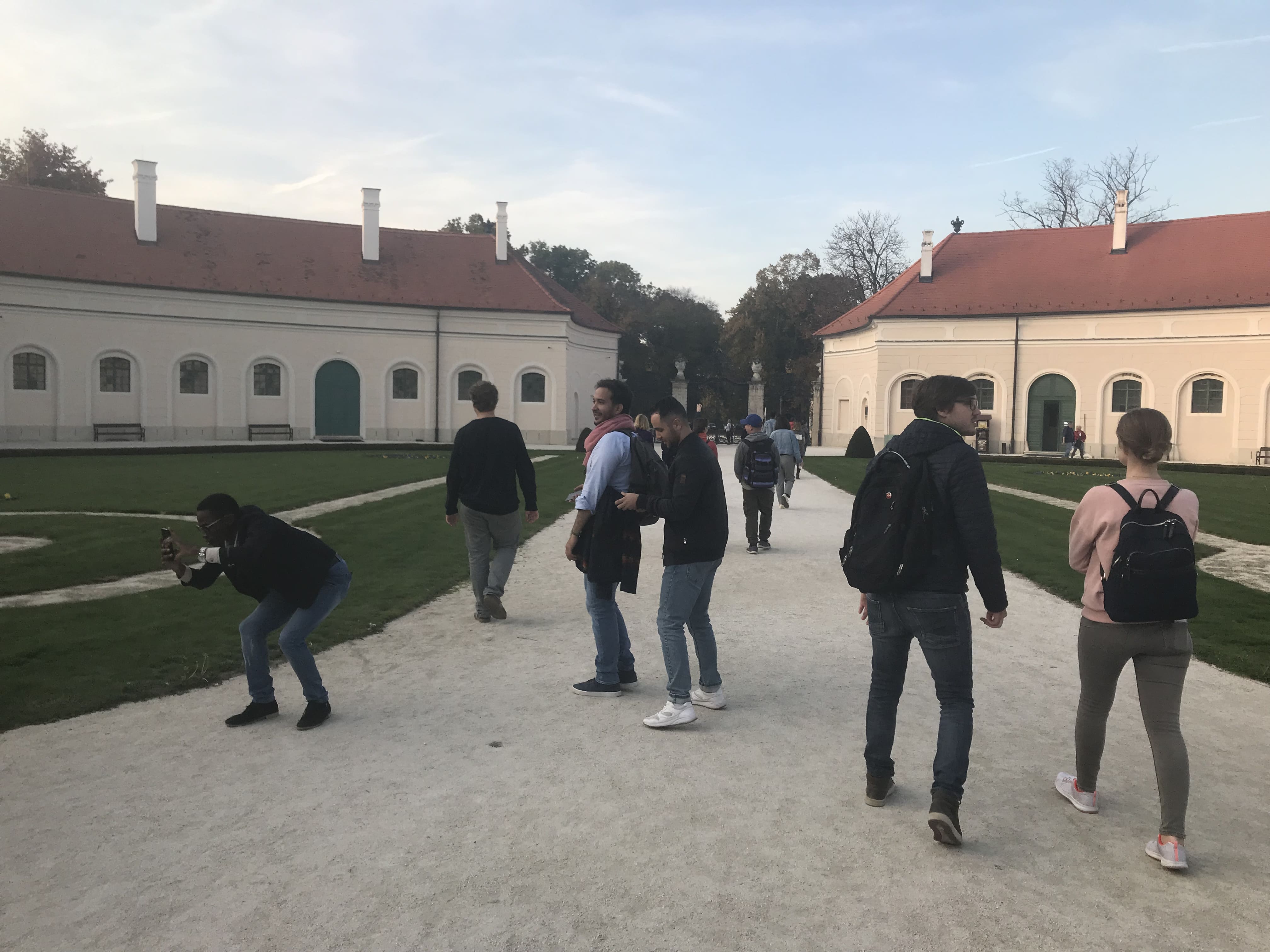

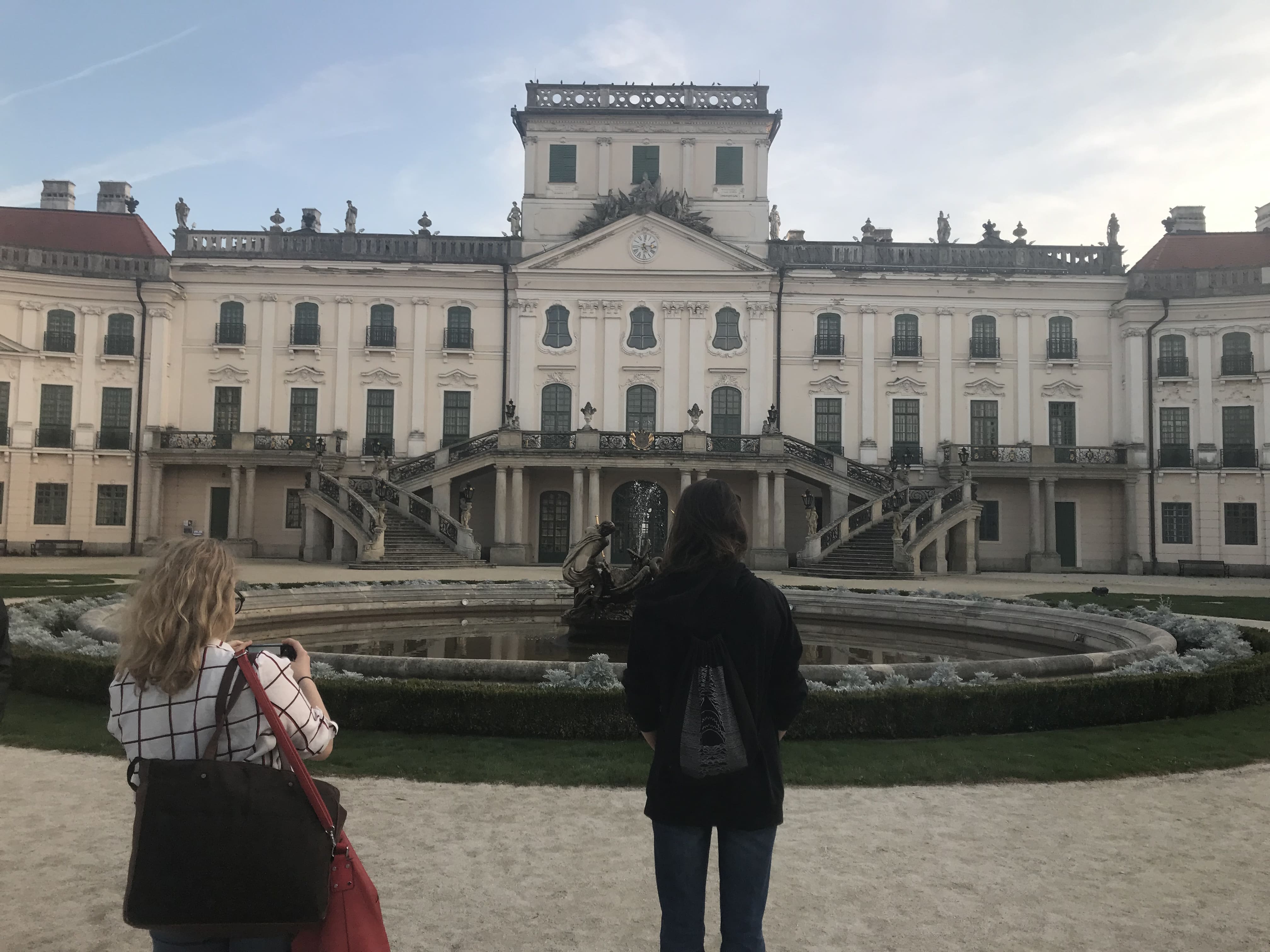






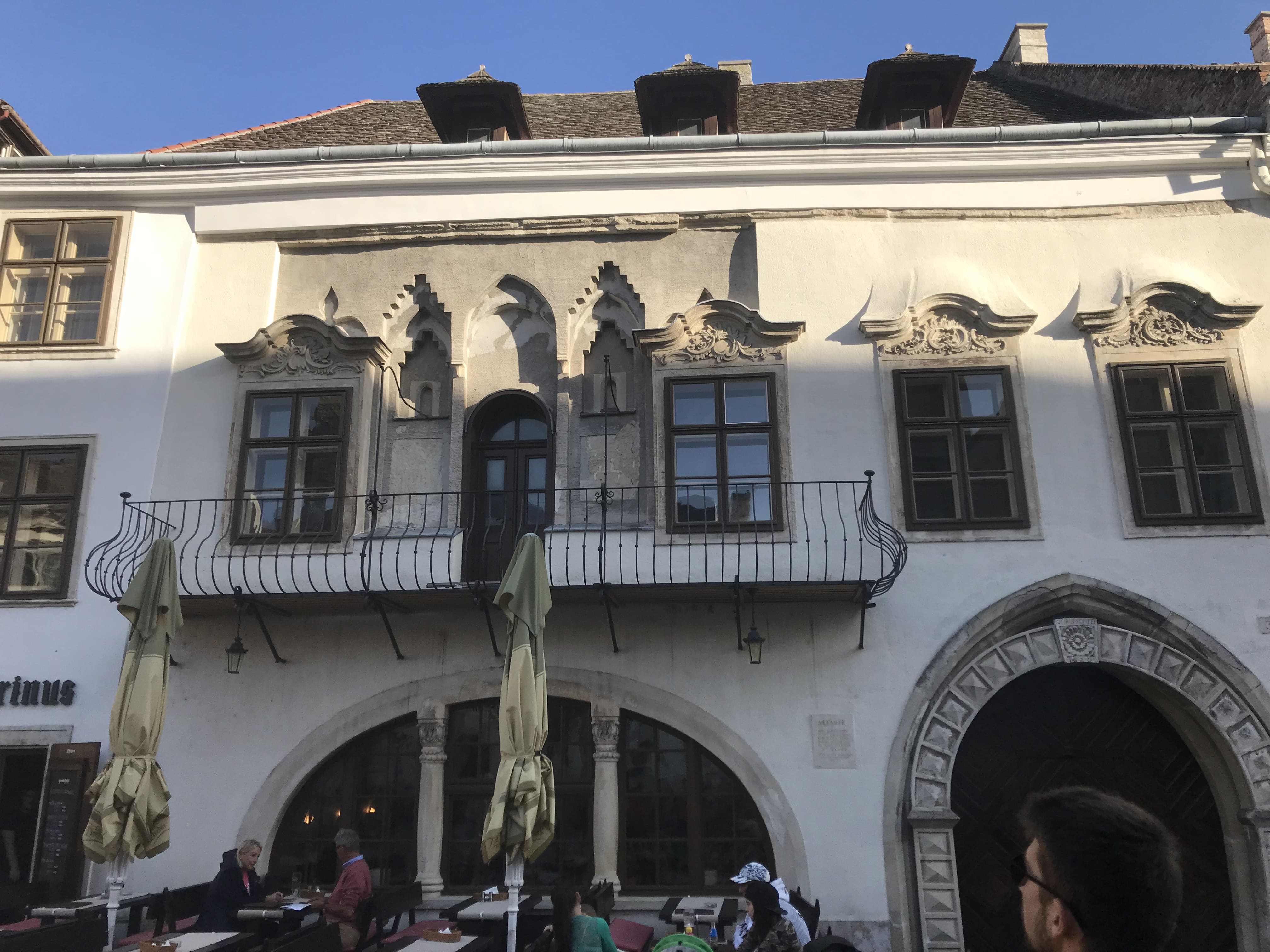



The Atelier Department organised its annual Autumn excursion on 23rd of October 2019 to visit Fertő/Neusiedlersee Cultural Landscape, the UNESCO World Heritage Site and its neighborhood.
During the excursion, students and professors of the department visited the Pan-European Memorial Park, one of the European Heritage sites on the occasion of the 30th anniversary of the fall of the Iron Curtain. We had the honour to be welcomed and guided by two of the organisers of the Pan-European Picnic and founding members of the Pan European ‘89 Foundation: László Nagy and Dr. László Magas.
After the visit of the memorial site, we headed to the historic city of Sopron, where following a traditional lunch at Gyógygödör restaurant, during which we tasted the famous red wine, called “Kékfrankos”, visited the city centre and Kecske church.
In the afternoon, we also had the chance to visit the Esterházy castle of Fertőd that was recently renovated.
We would like to thank to the organisers (Lilla Zámbó, Alexandra Kovács, Tamás Tüske) and to Melinda Harlov, who prepared our TEMA+ students by presenting them the unique aspects of the Fertő/Neusiedlersee Cultural Landscape before getting to visit the site.

